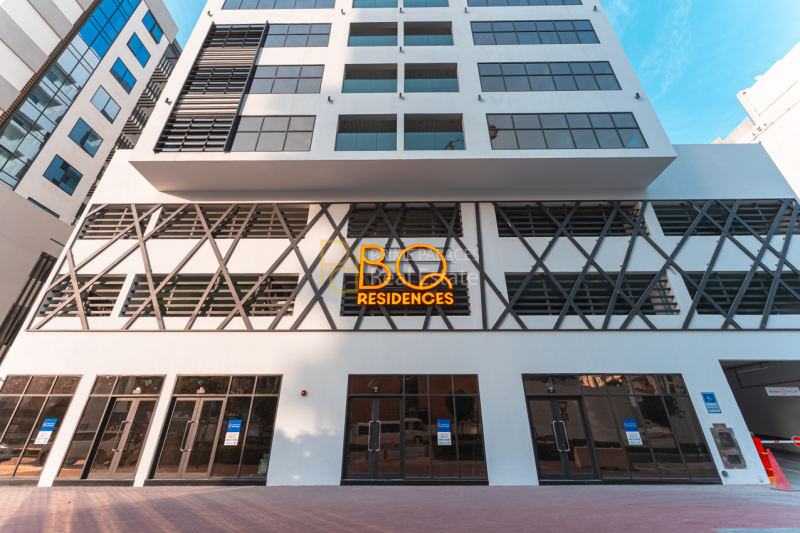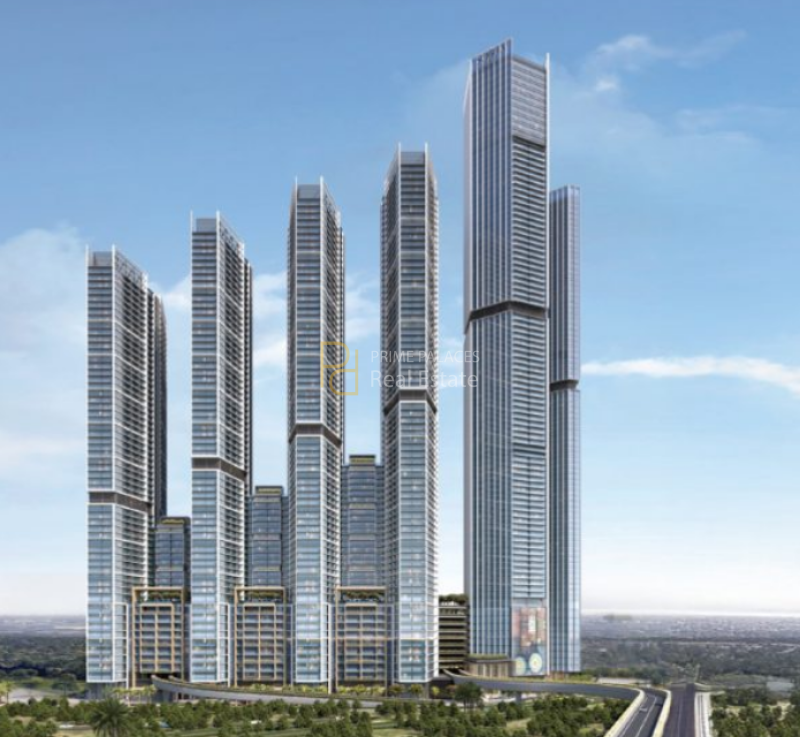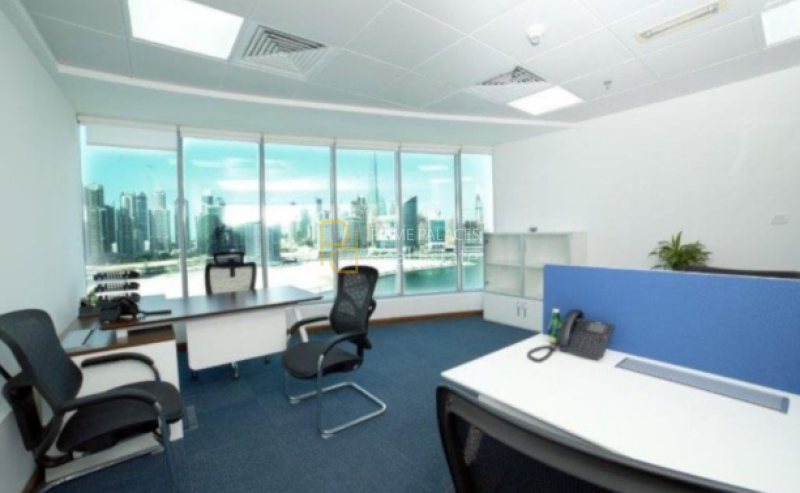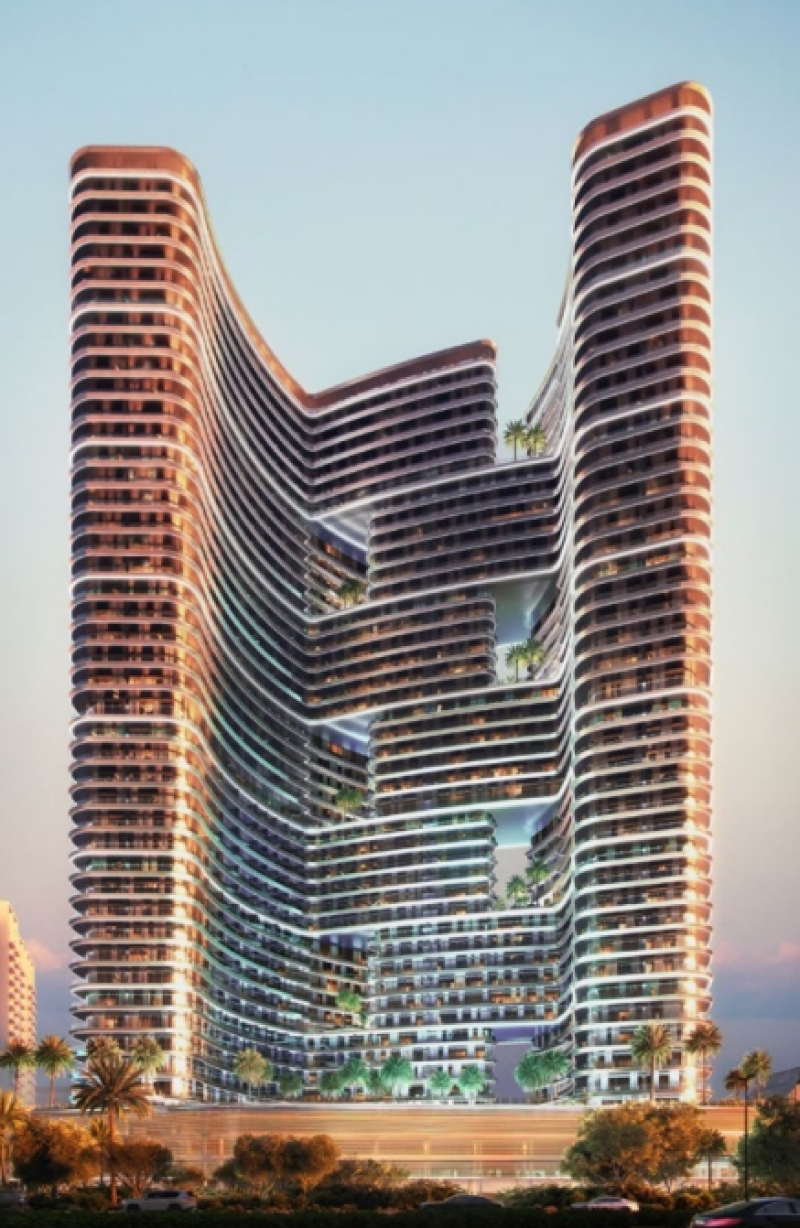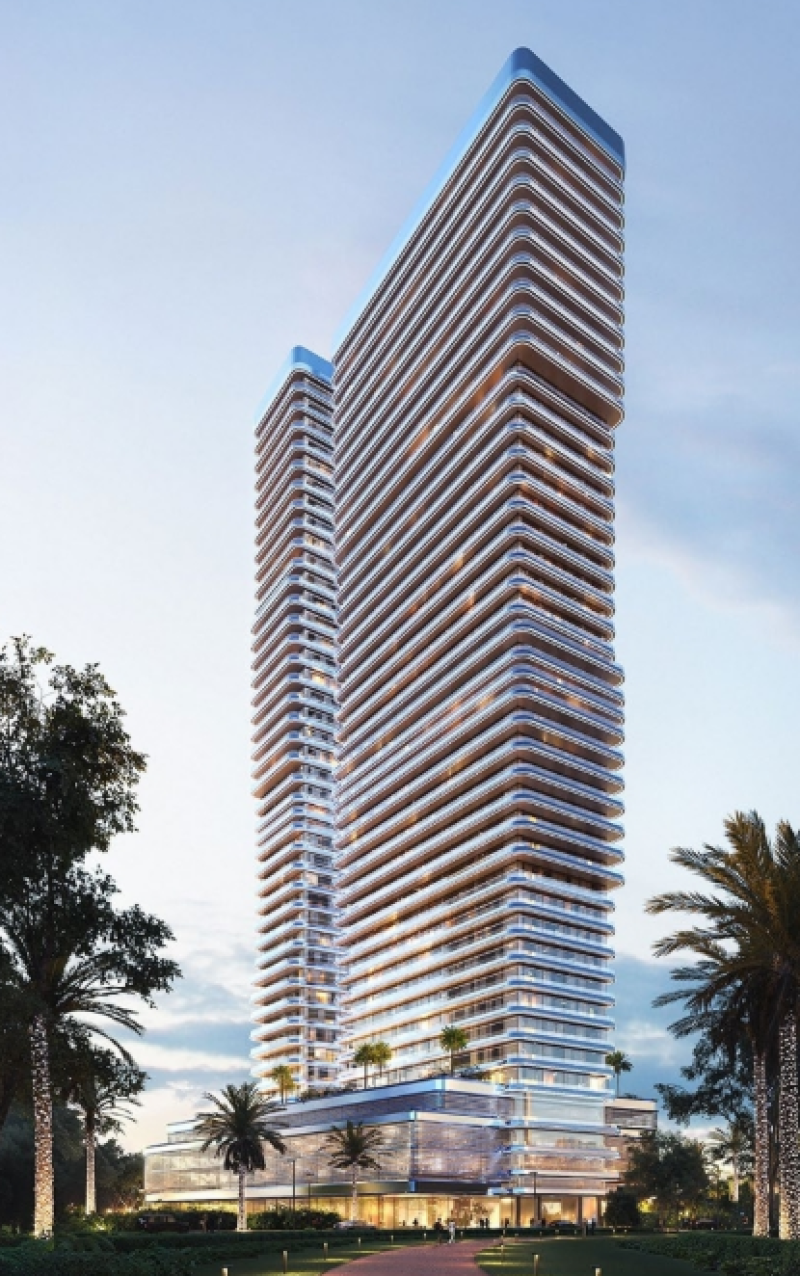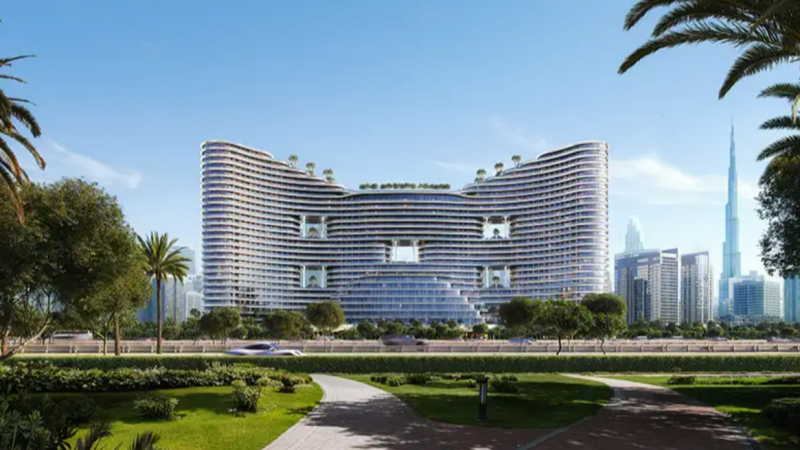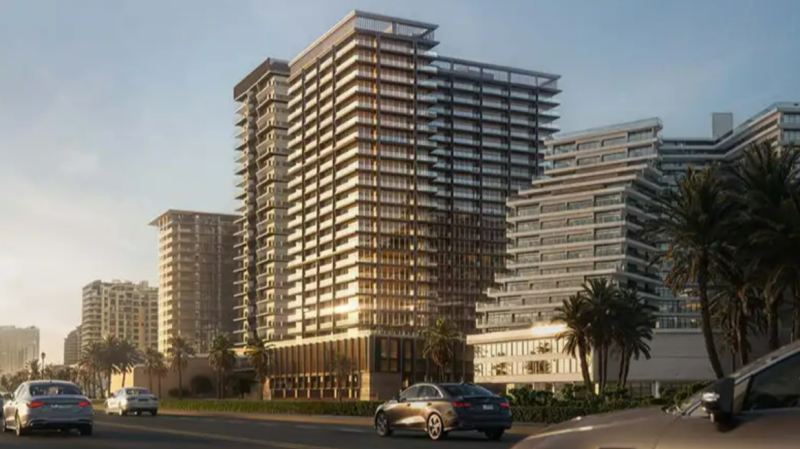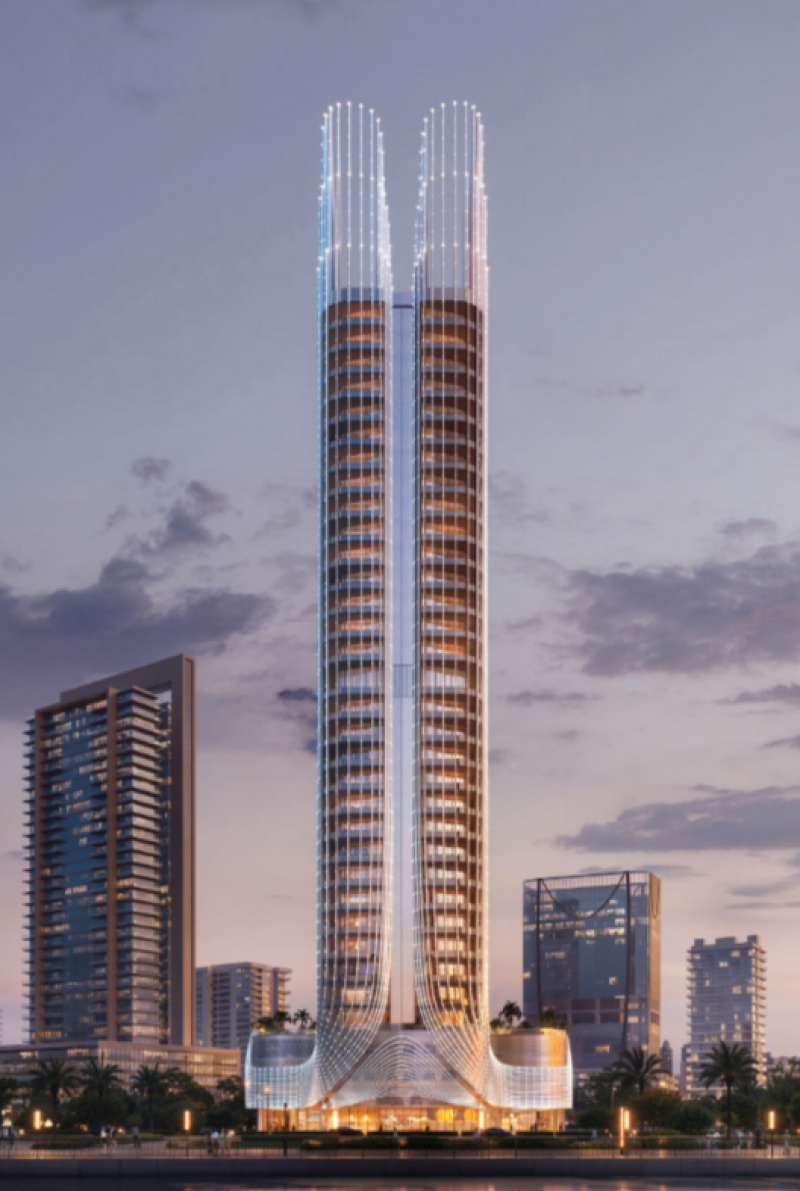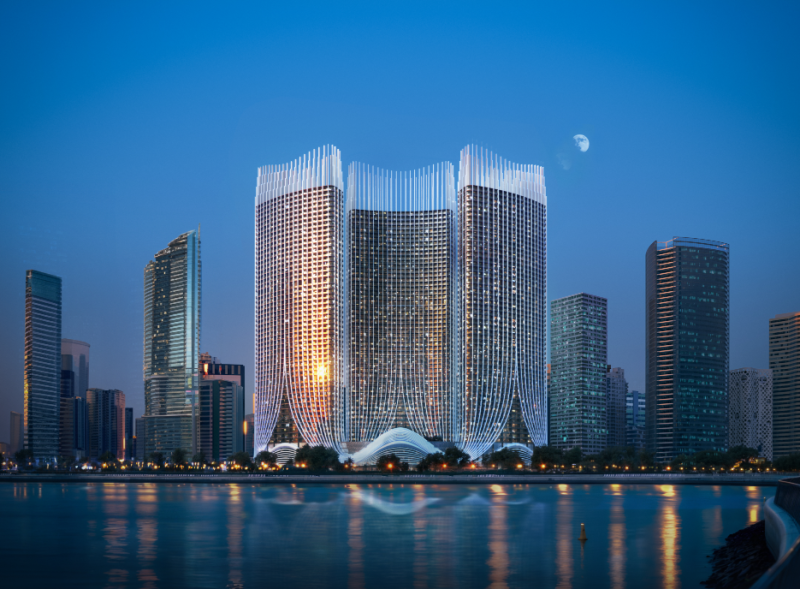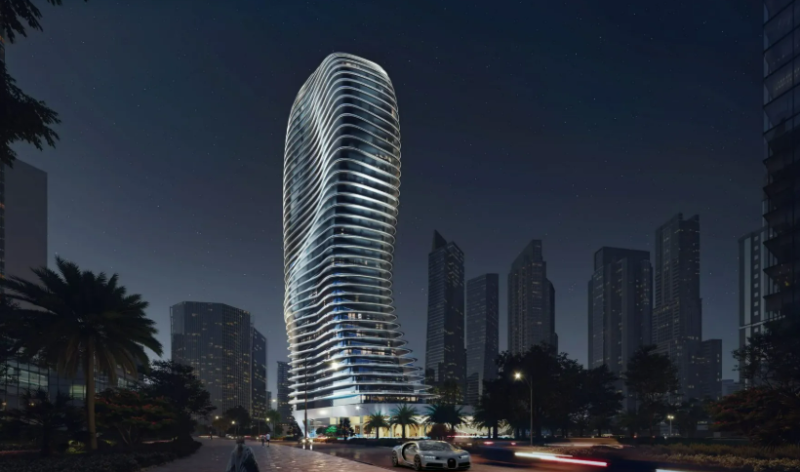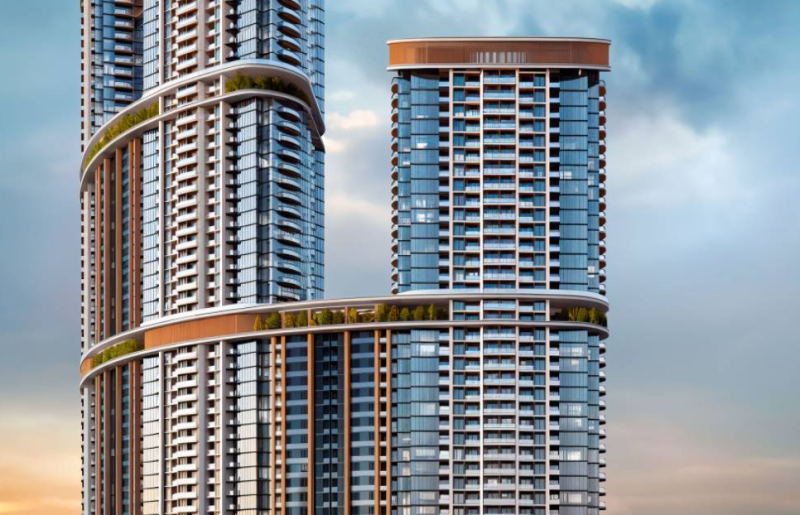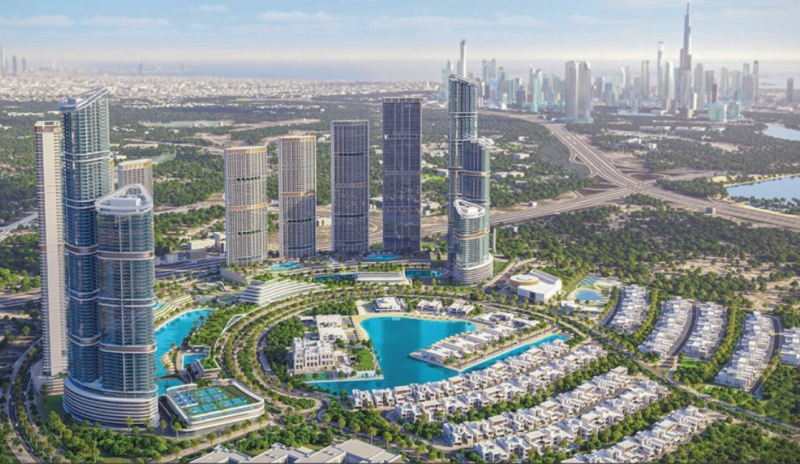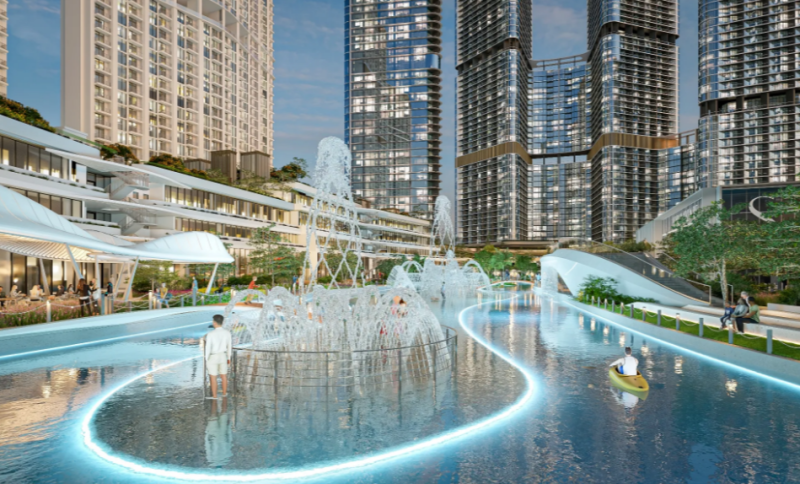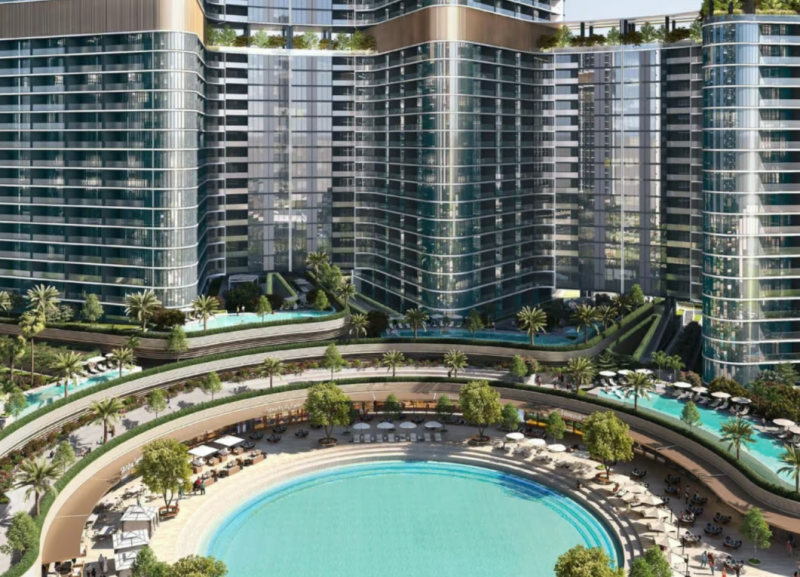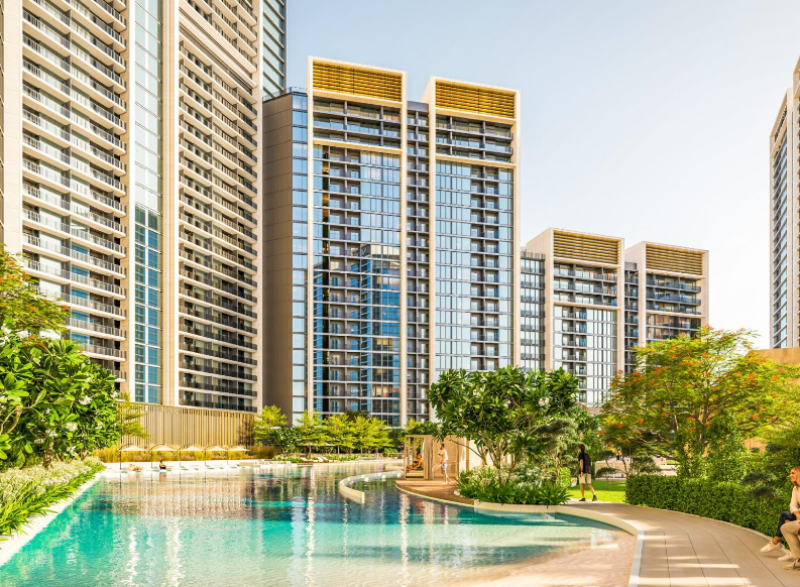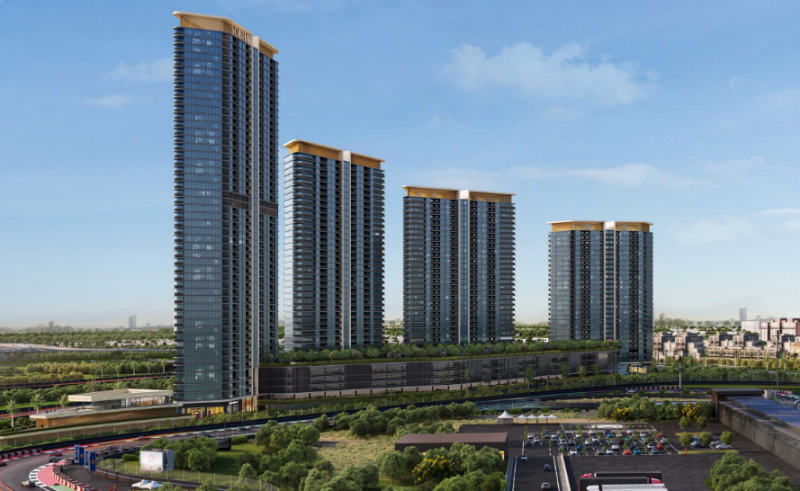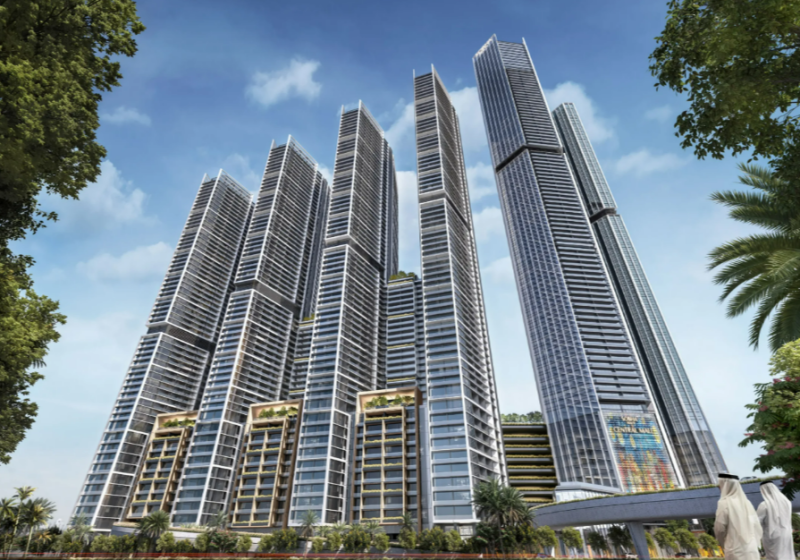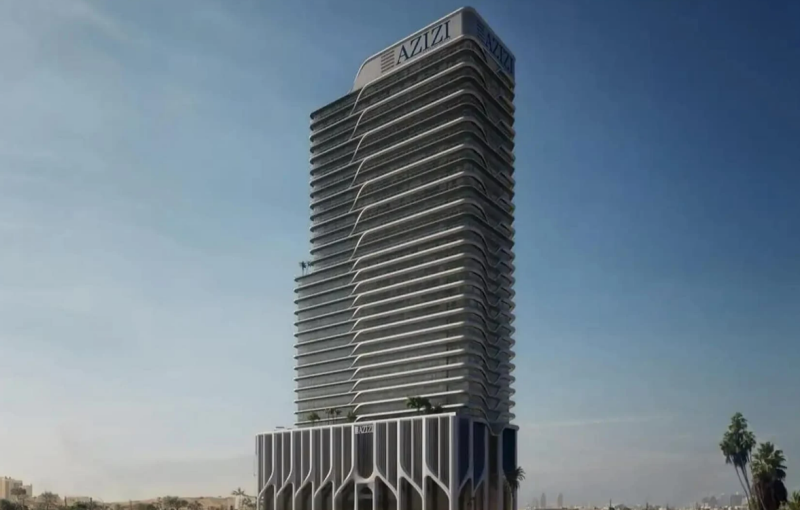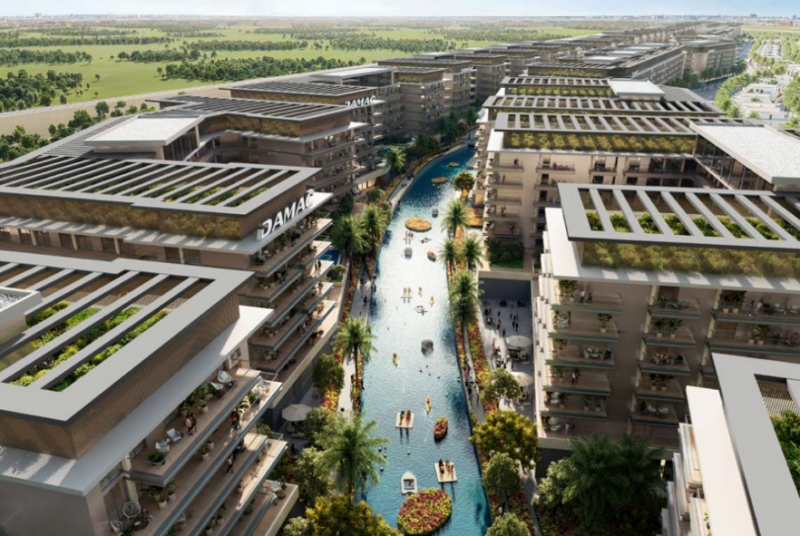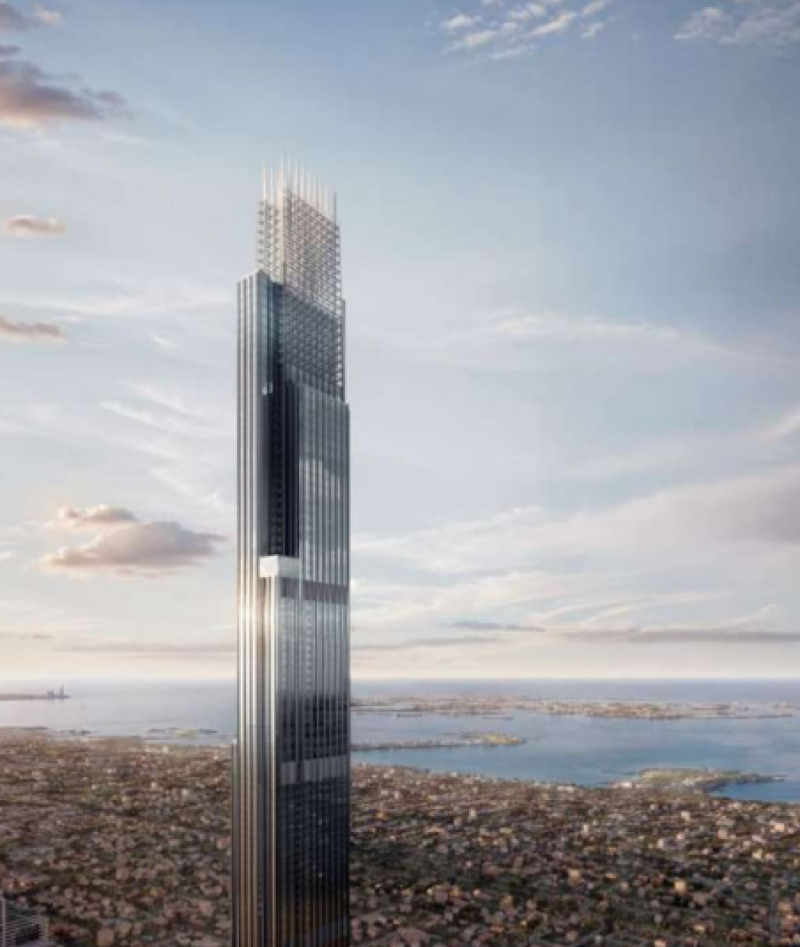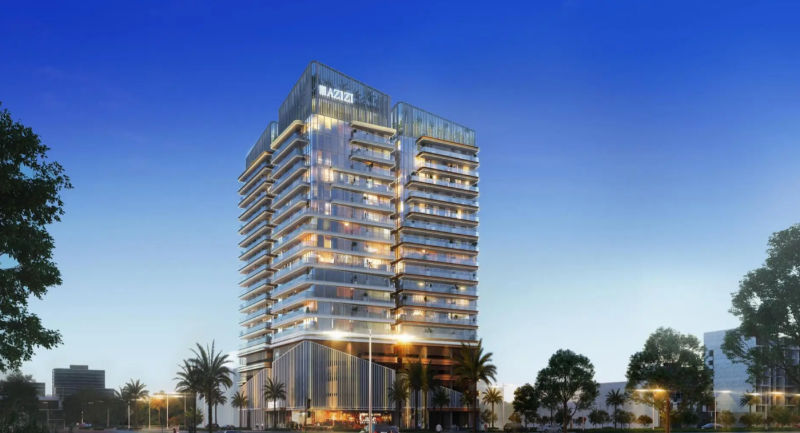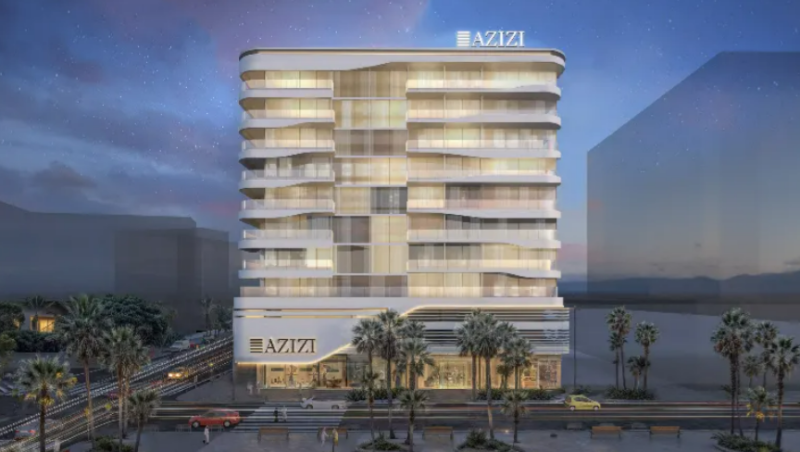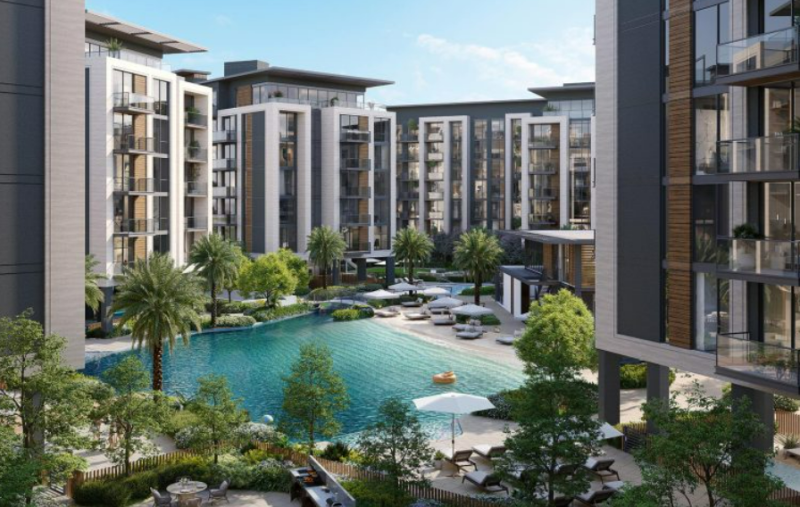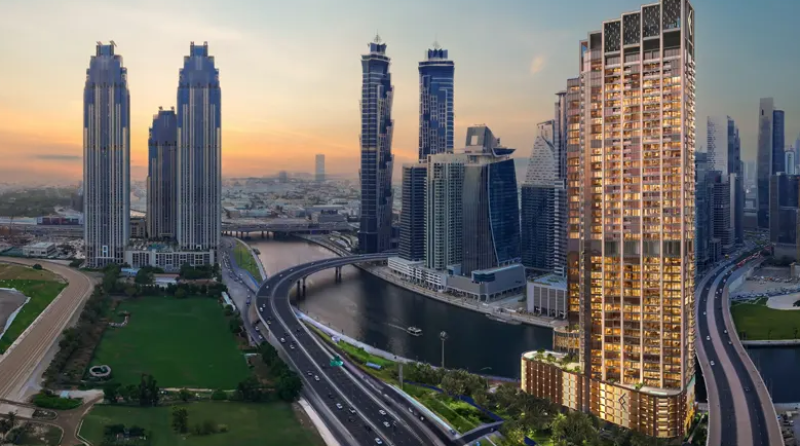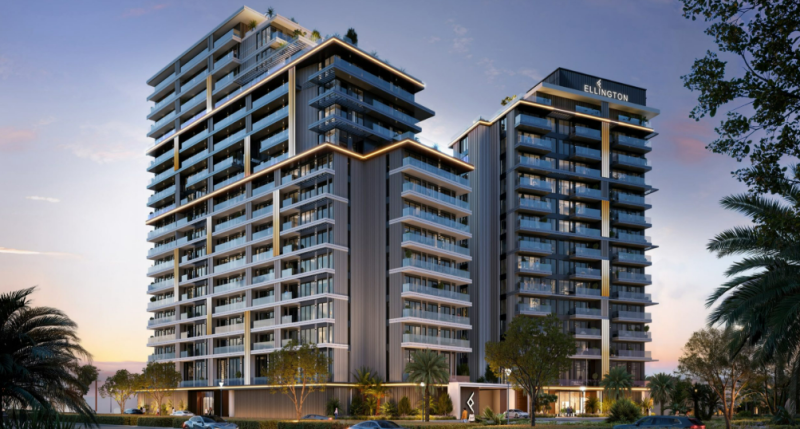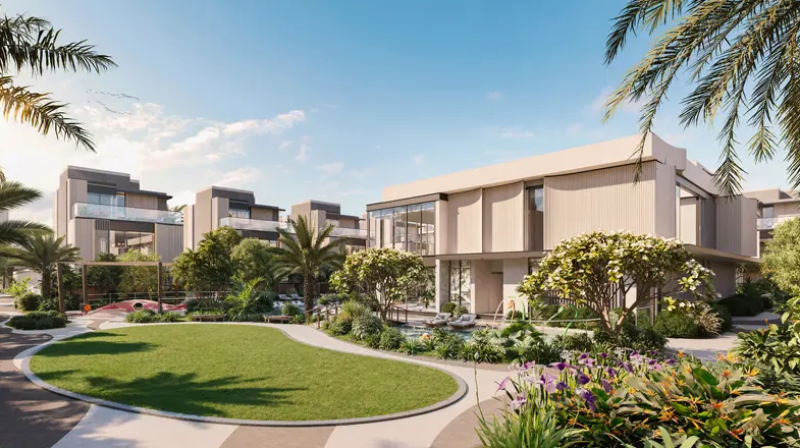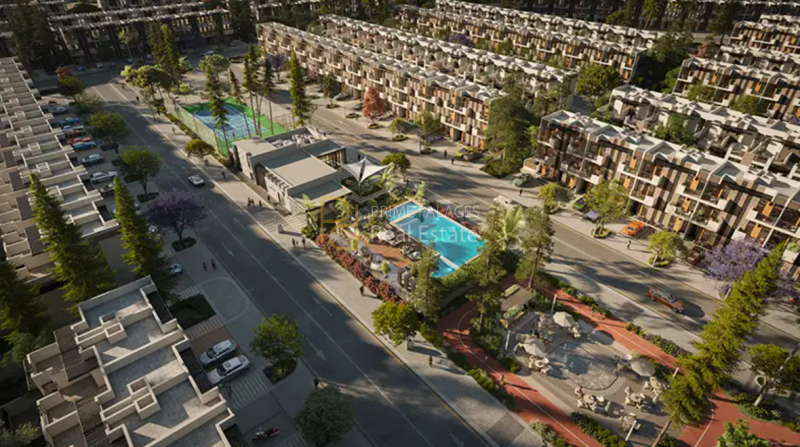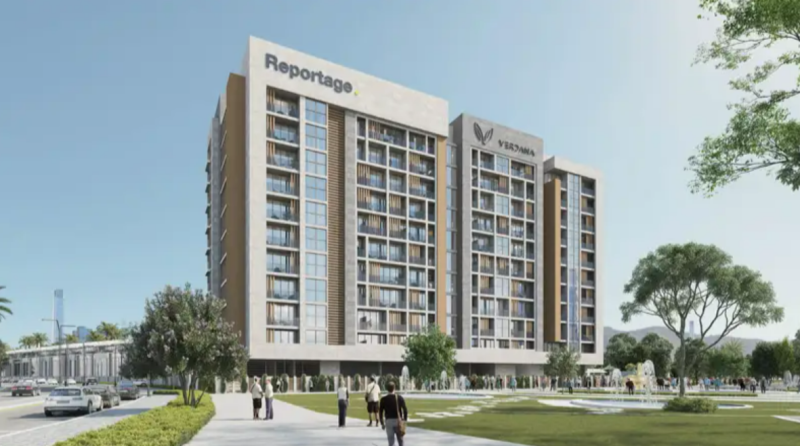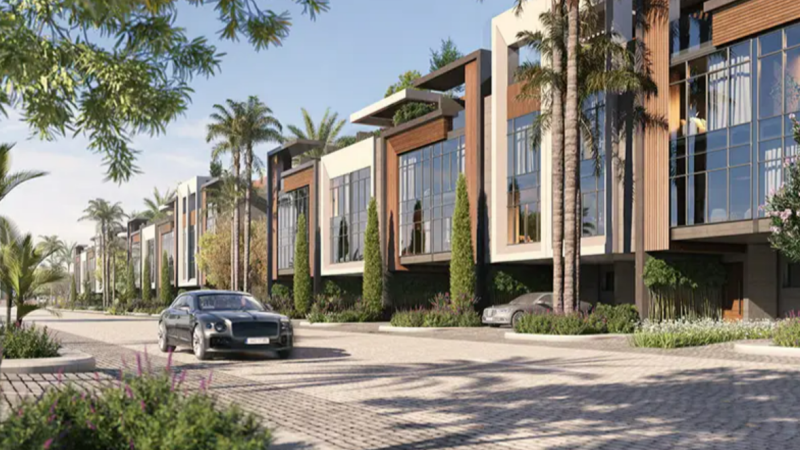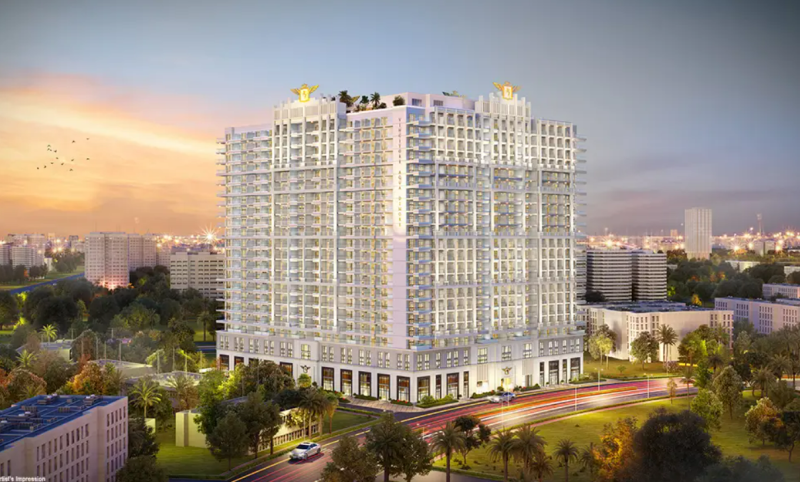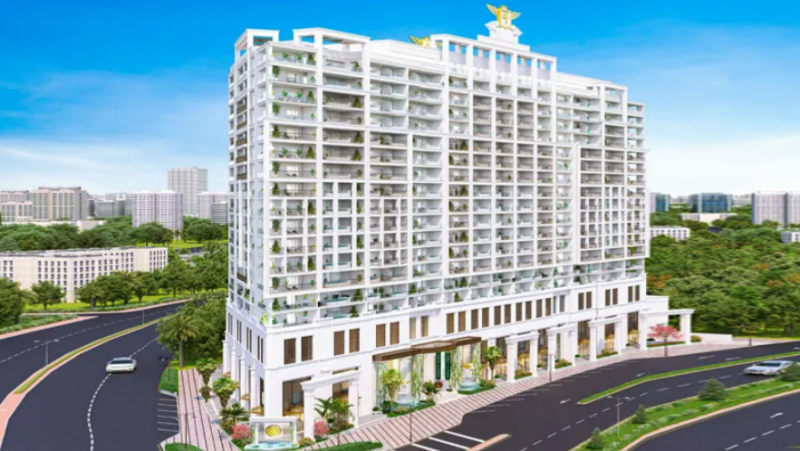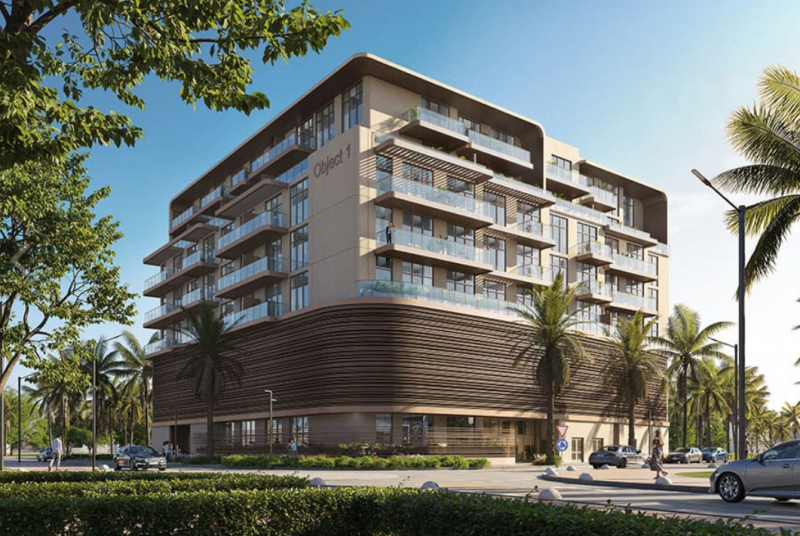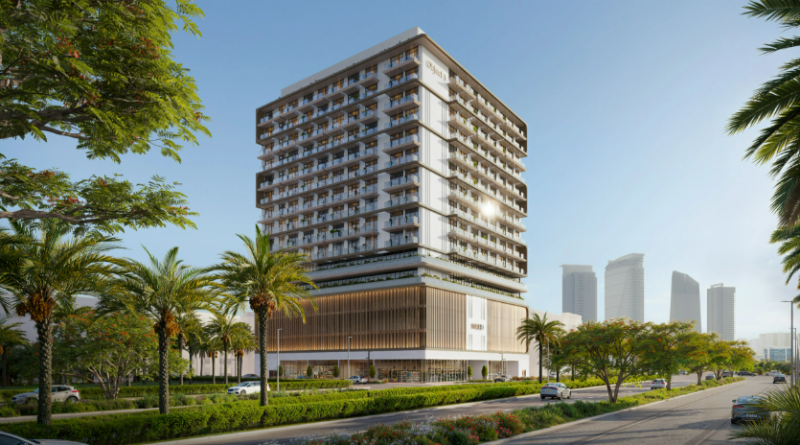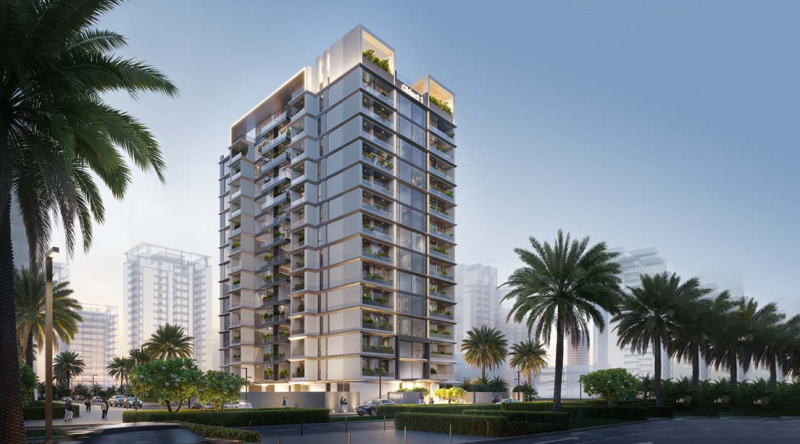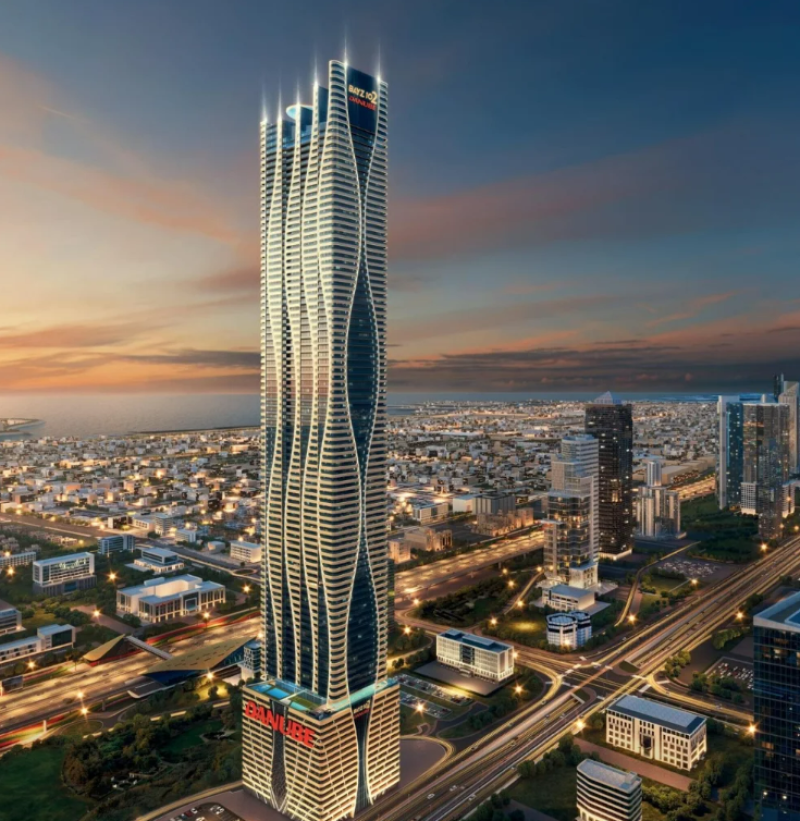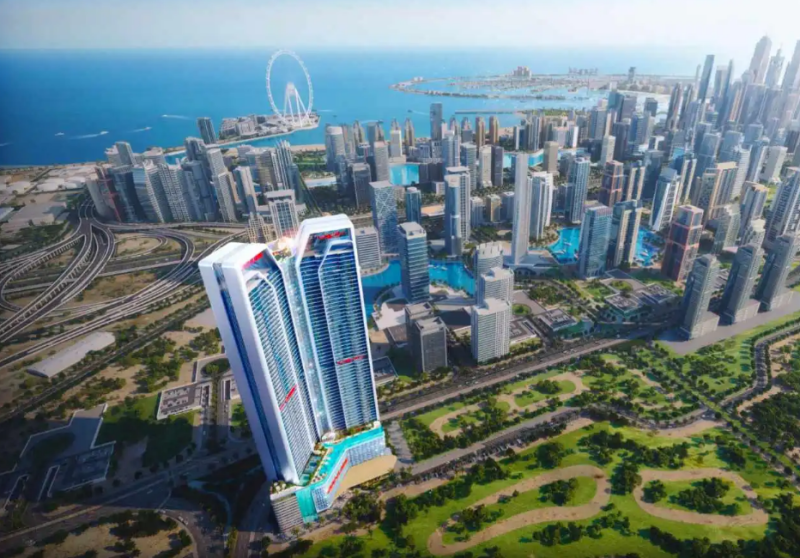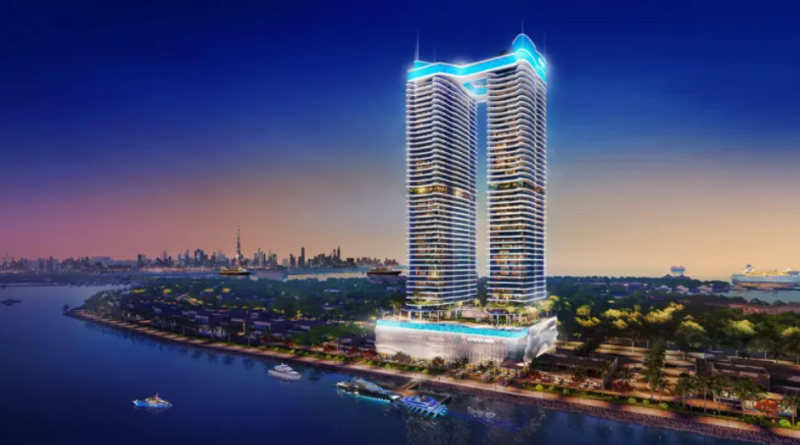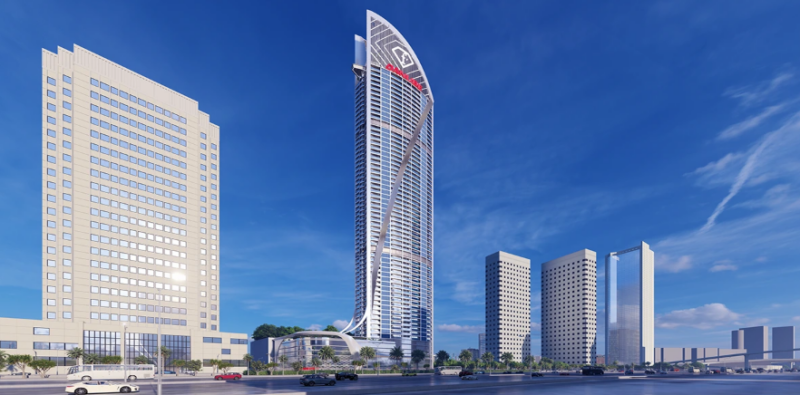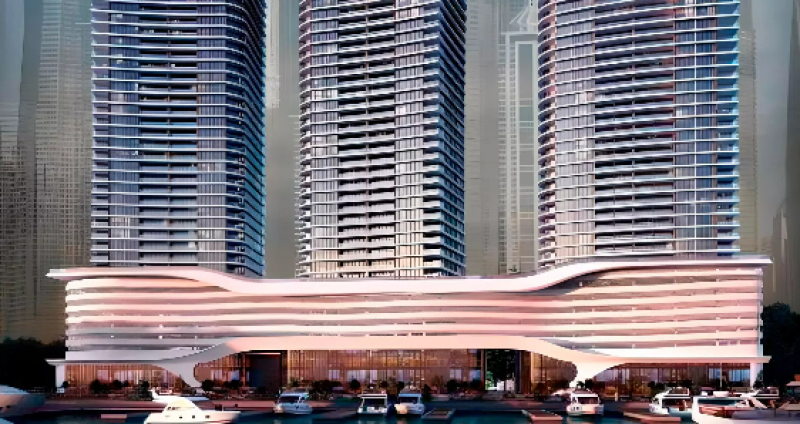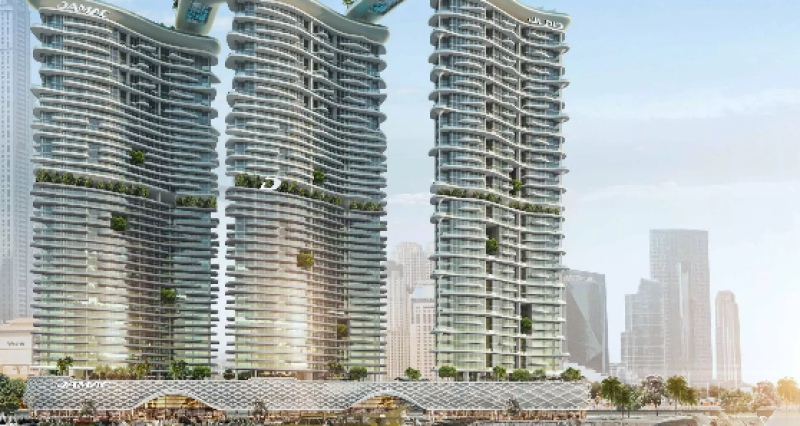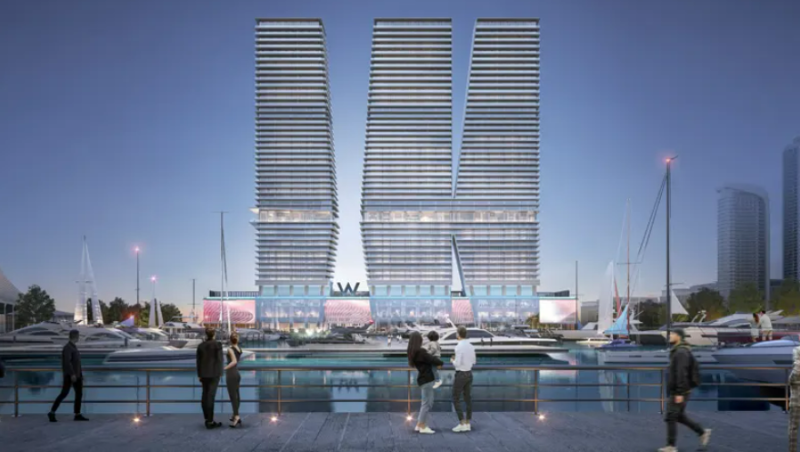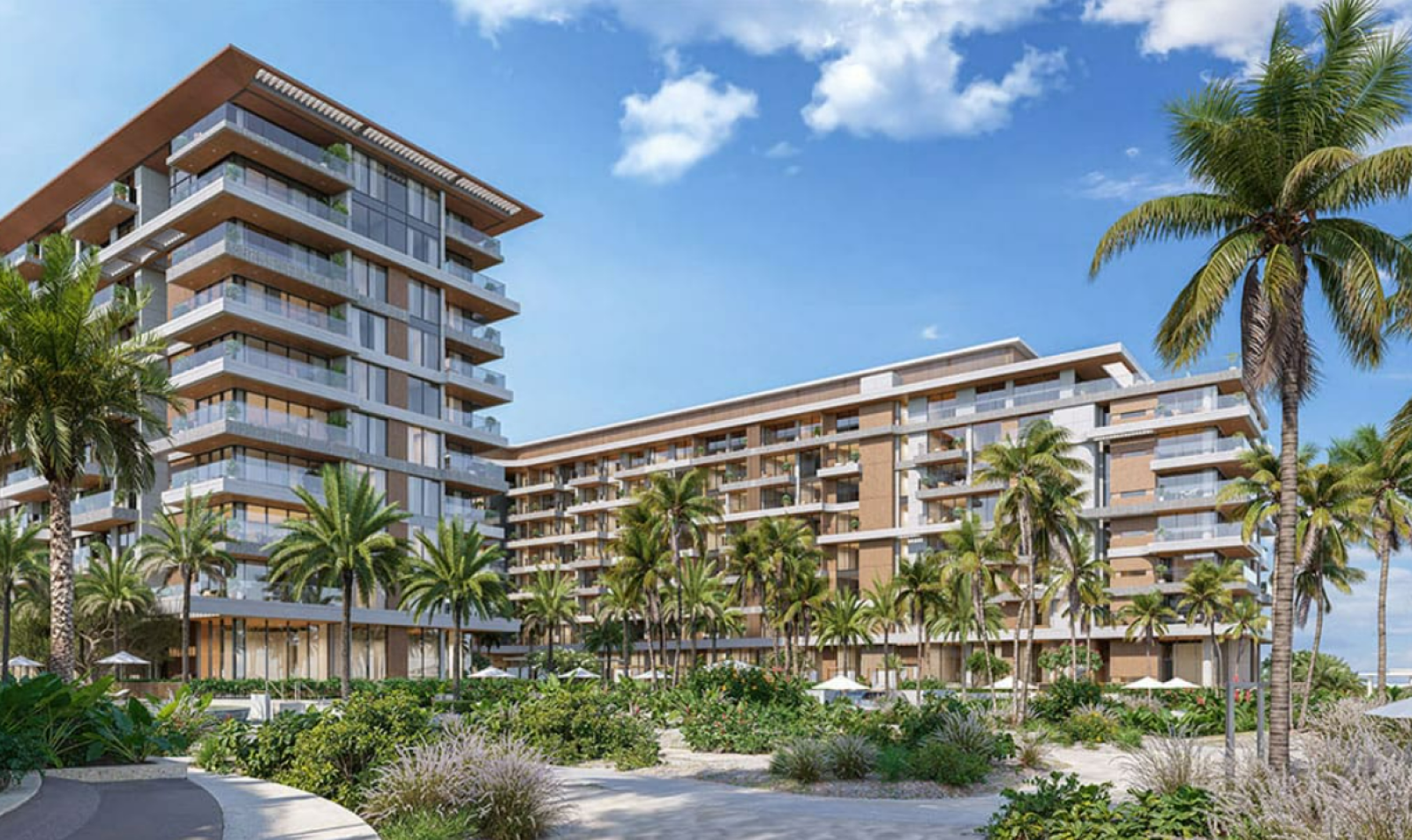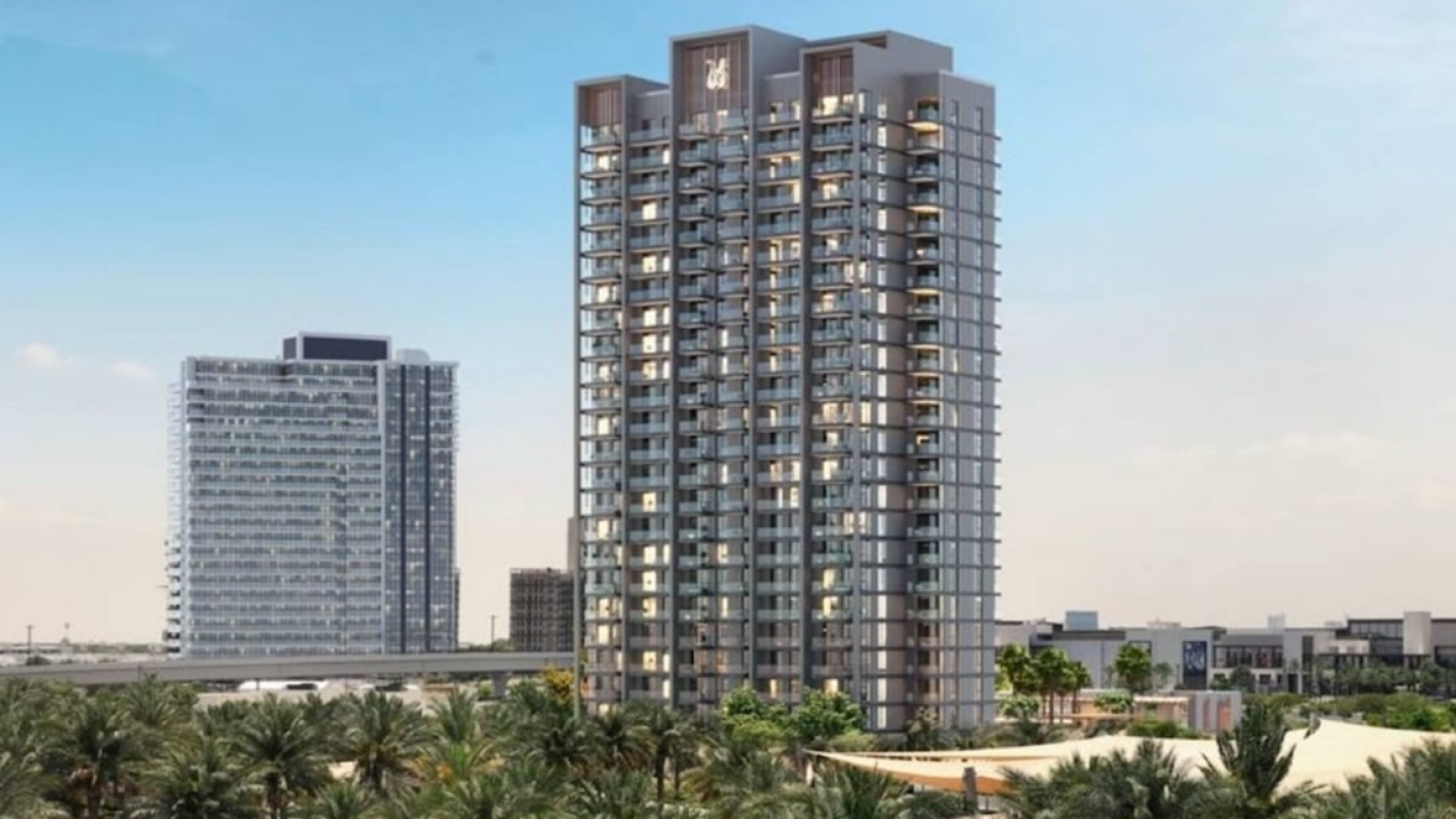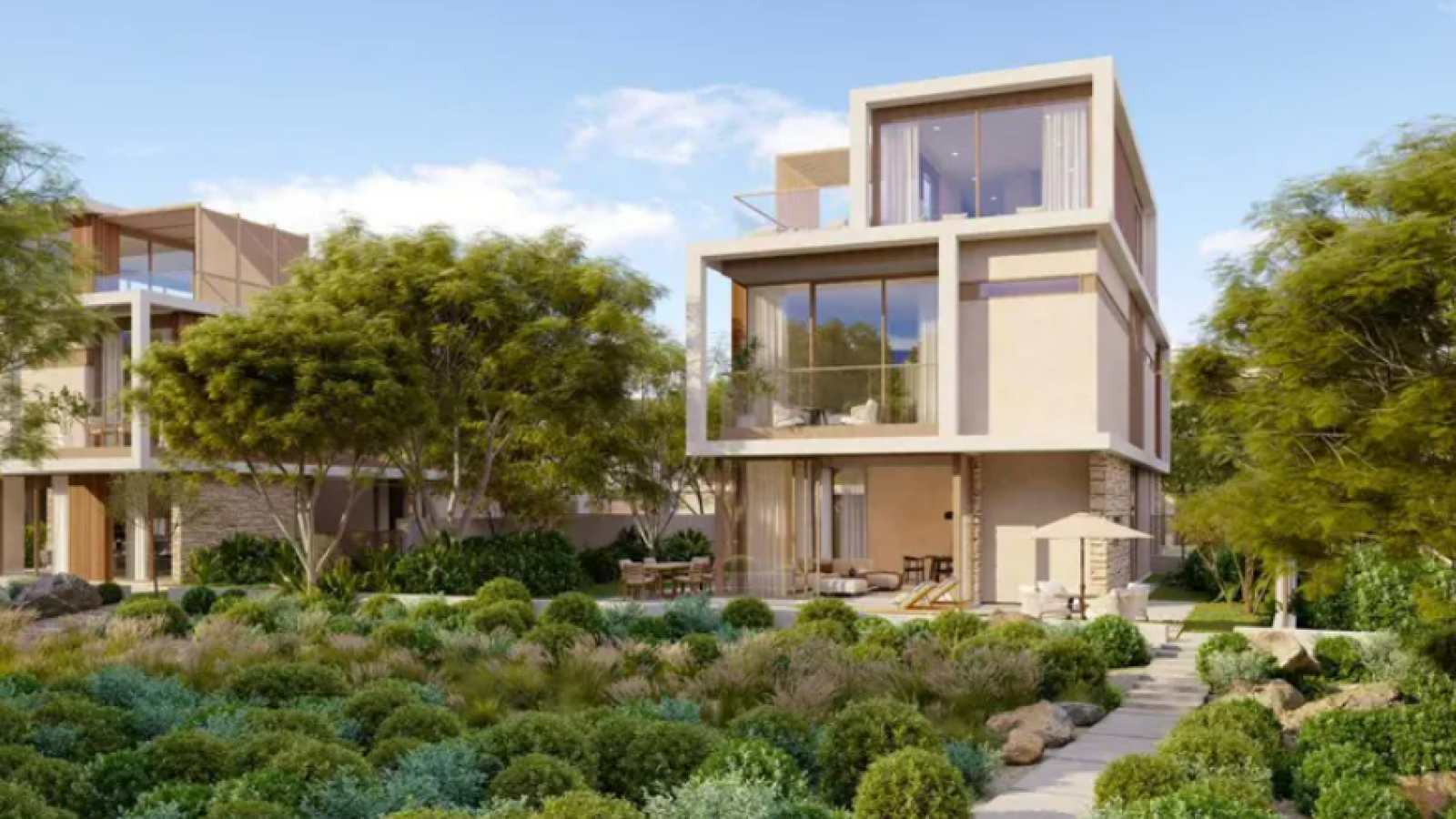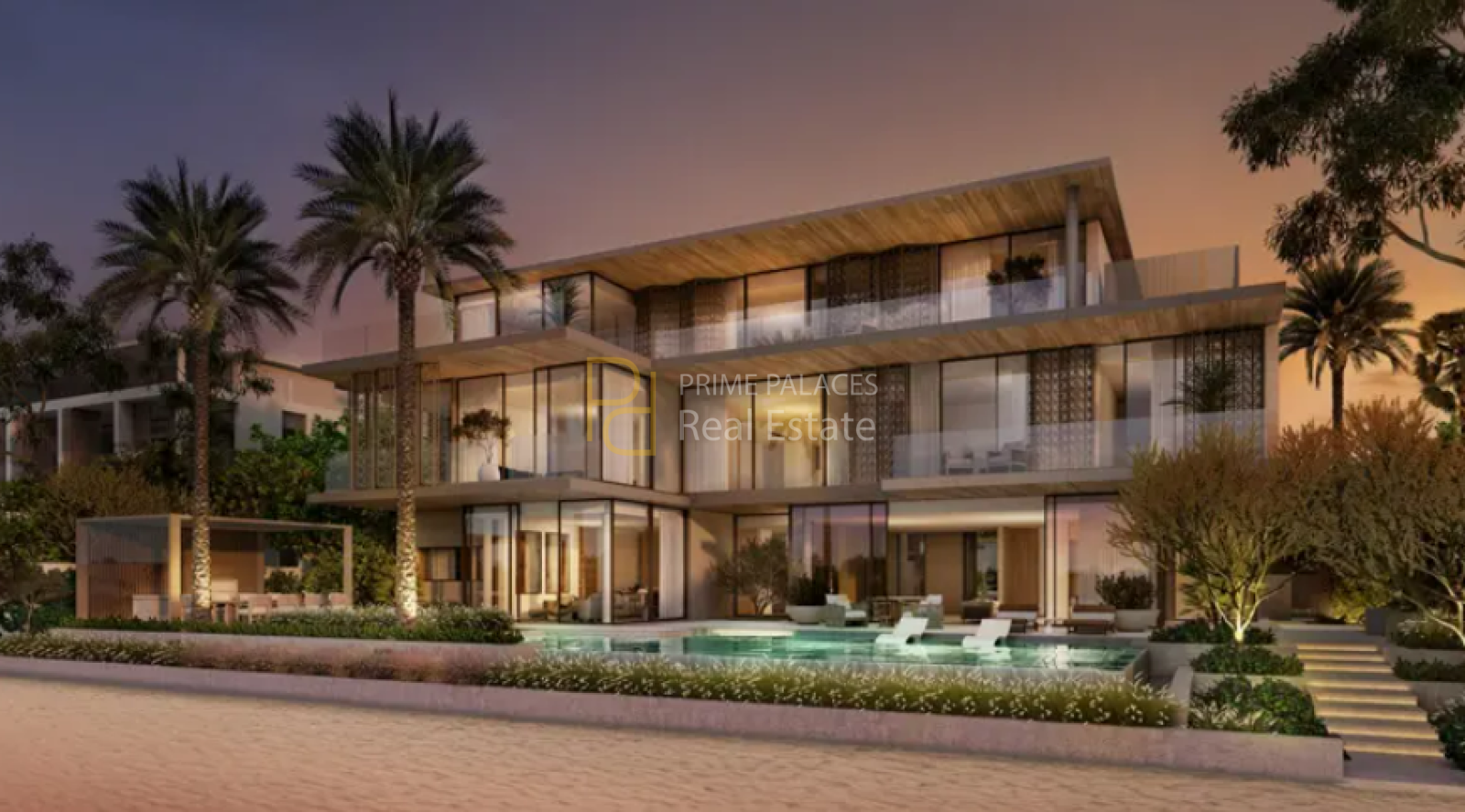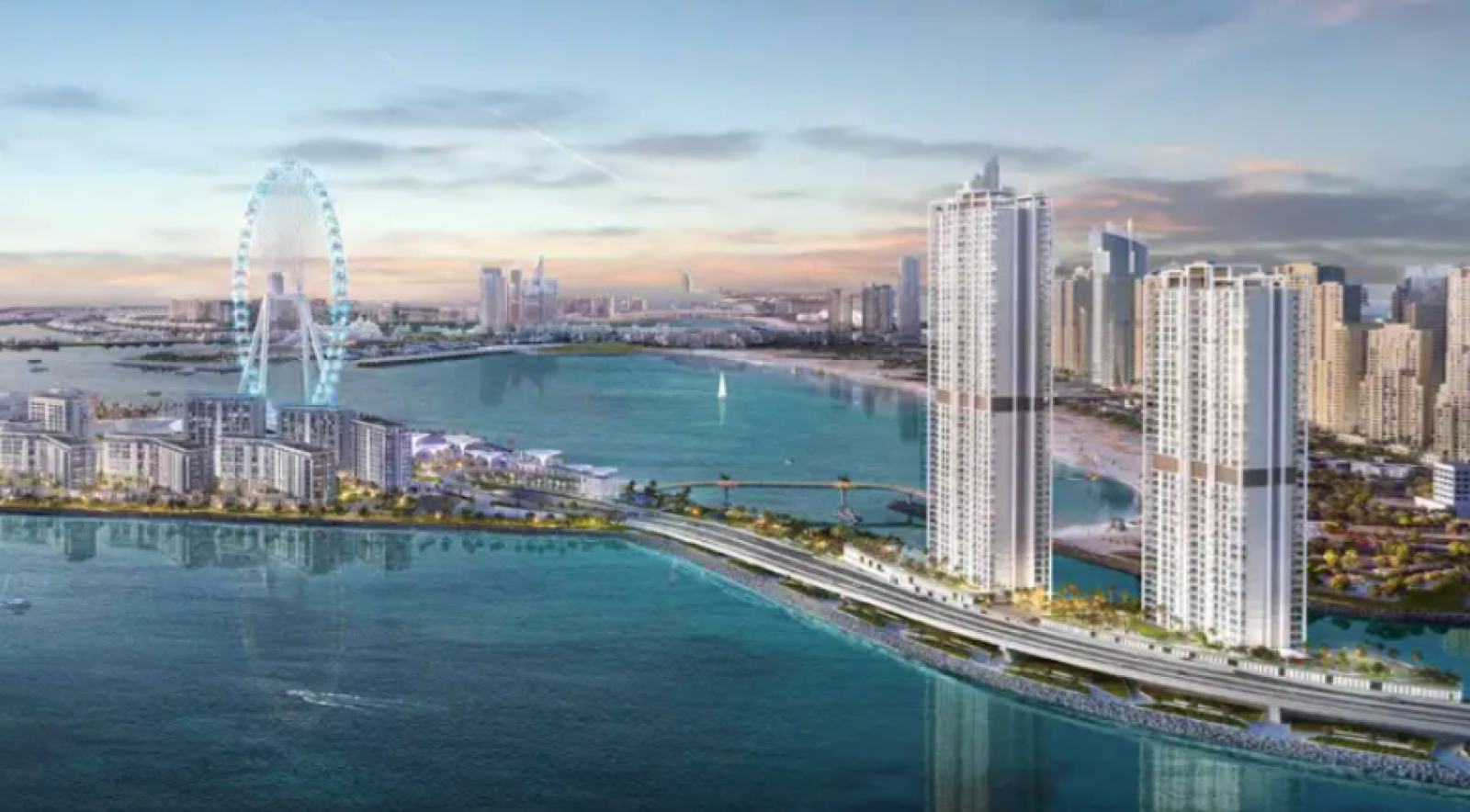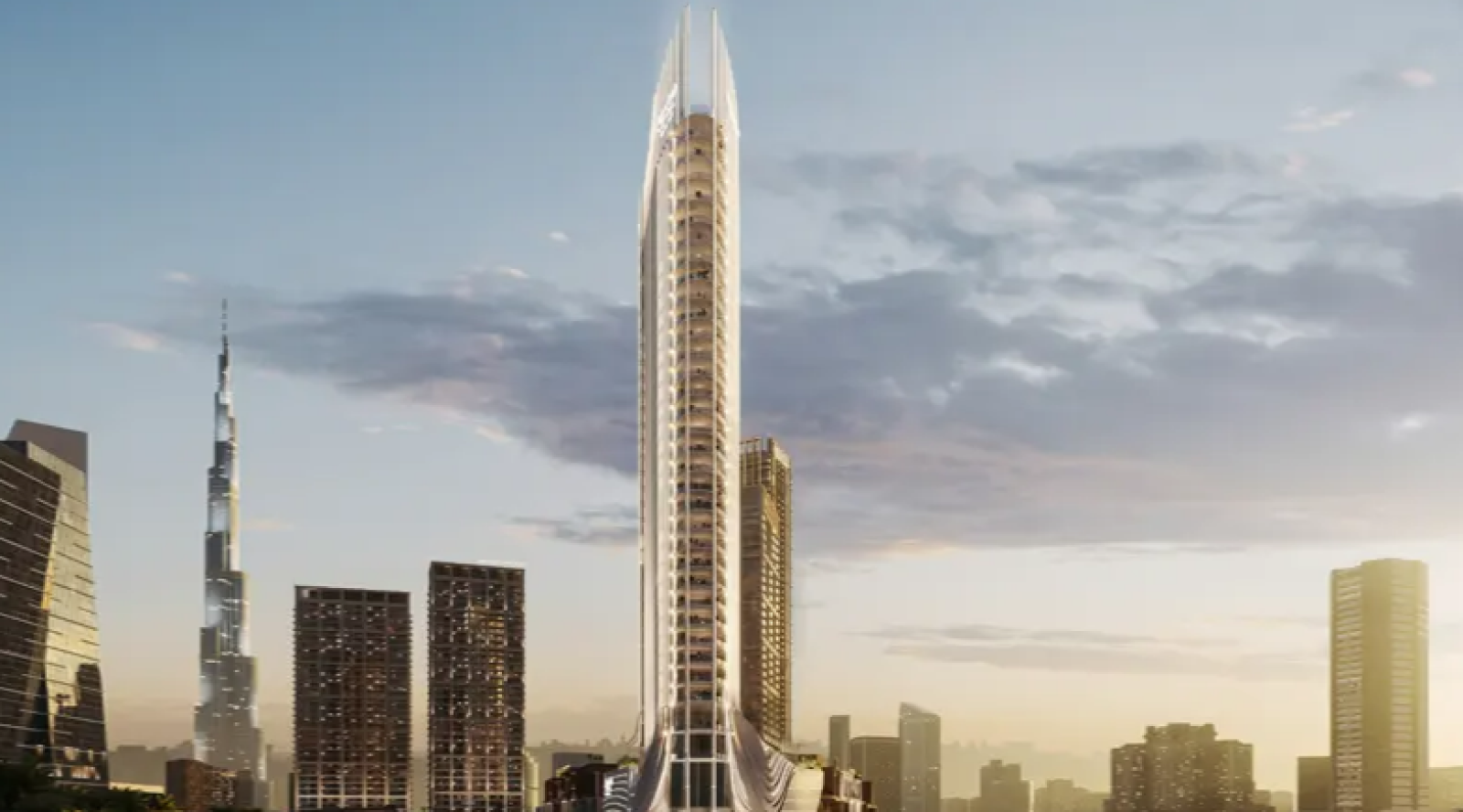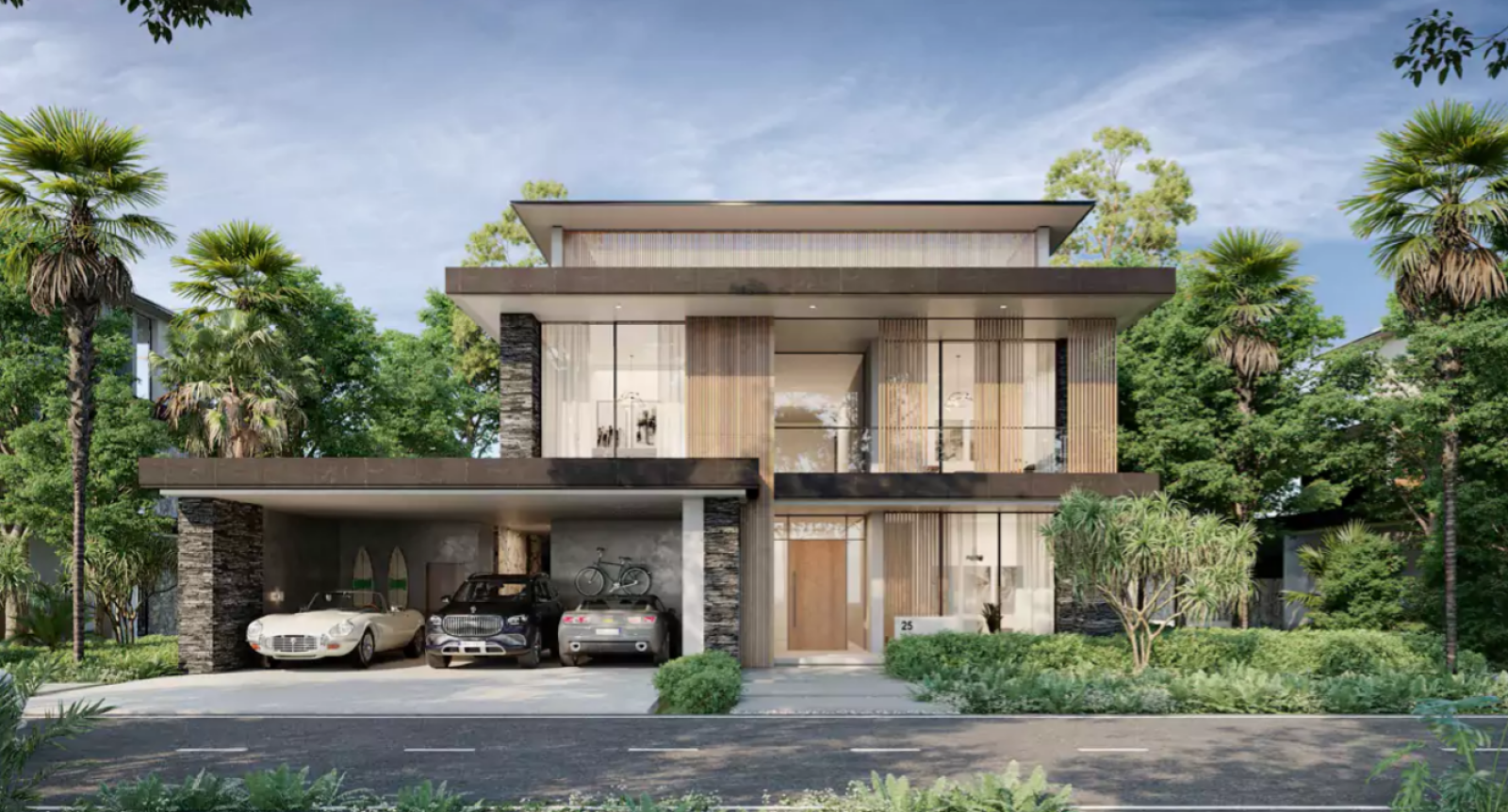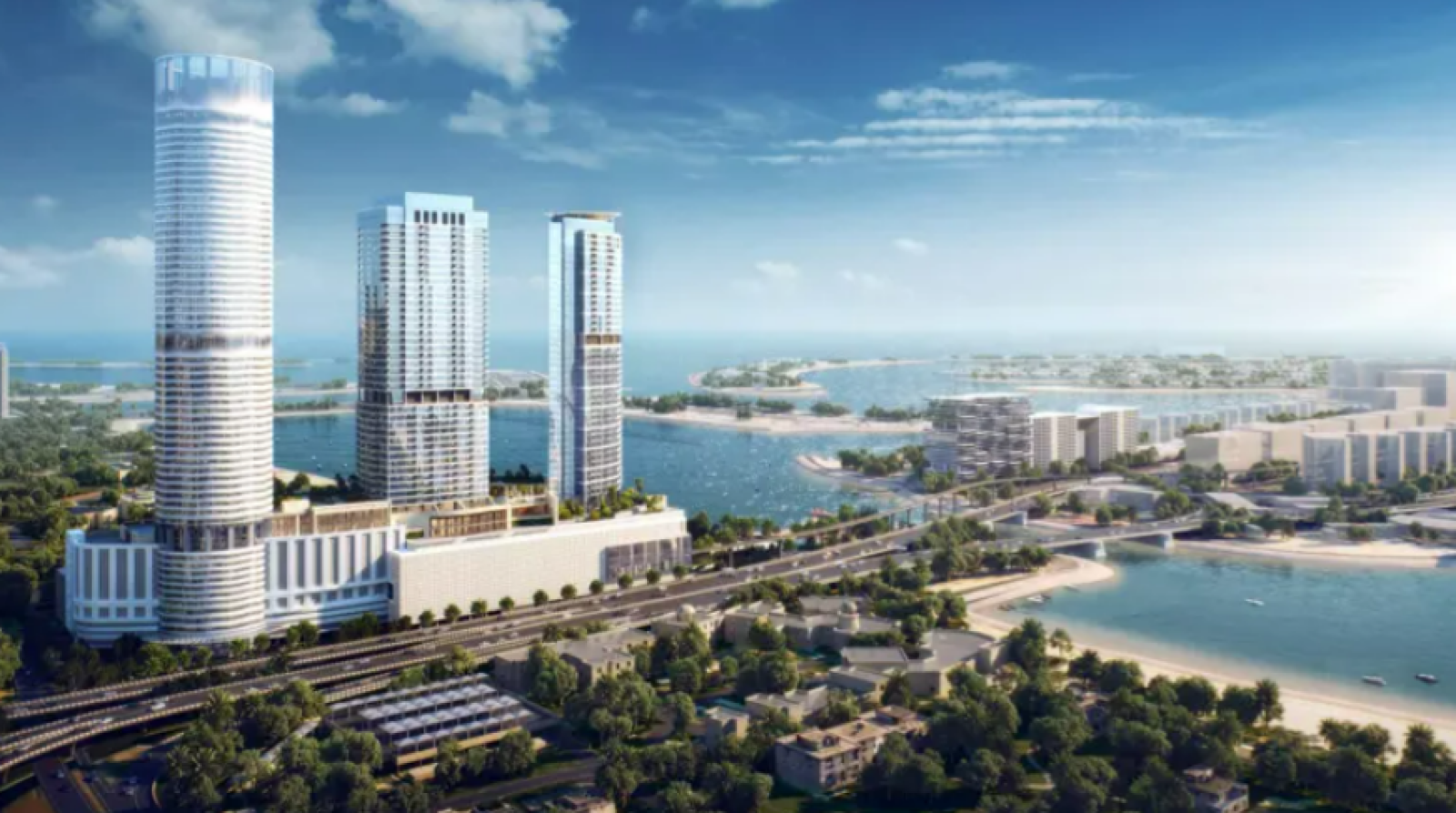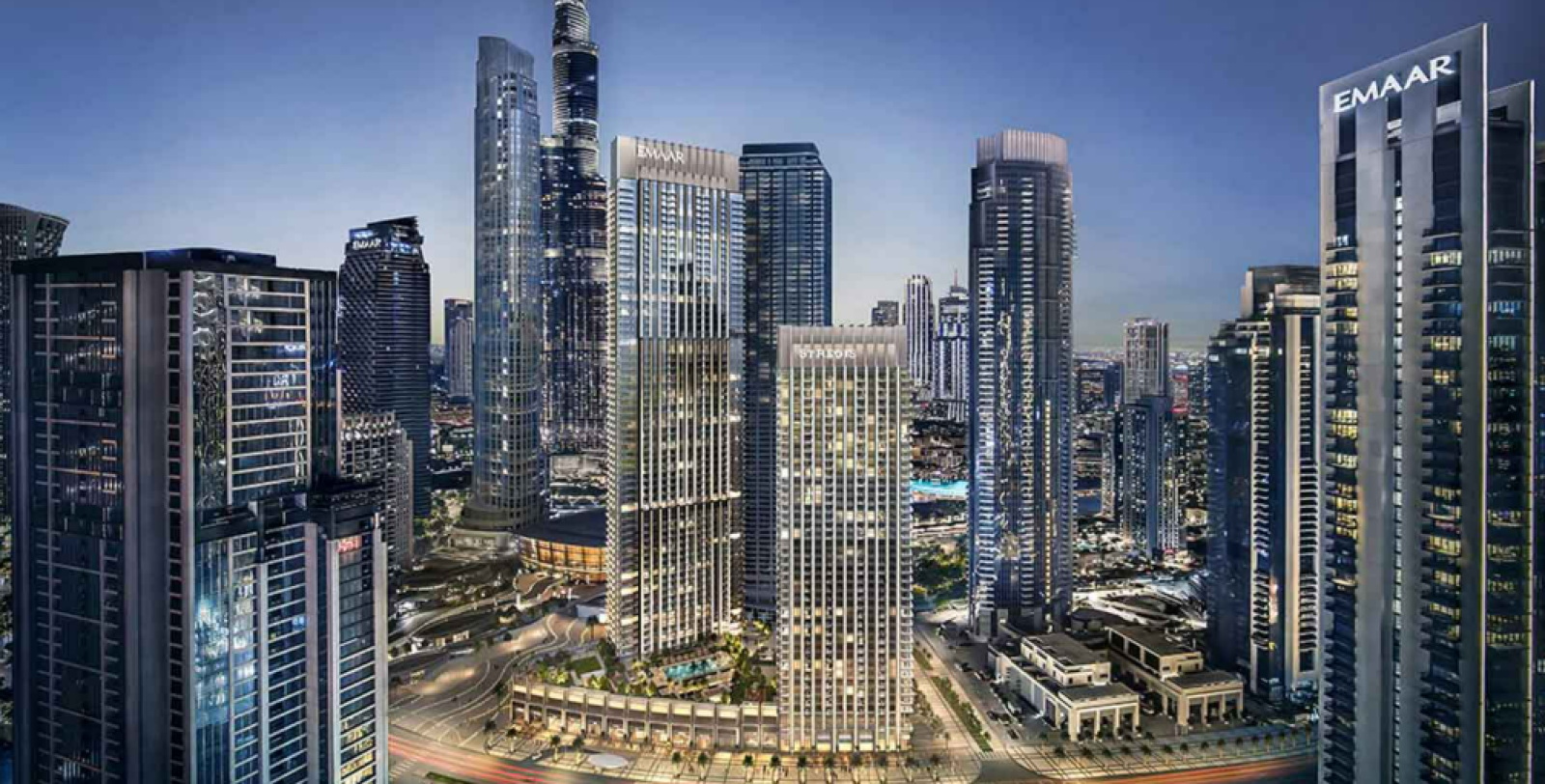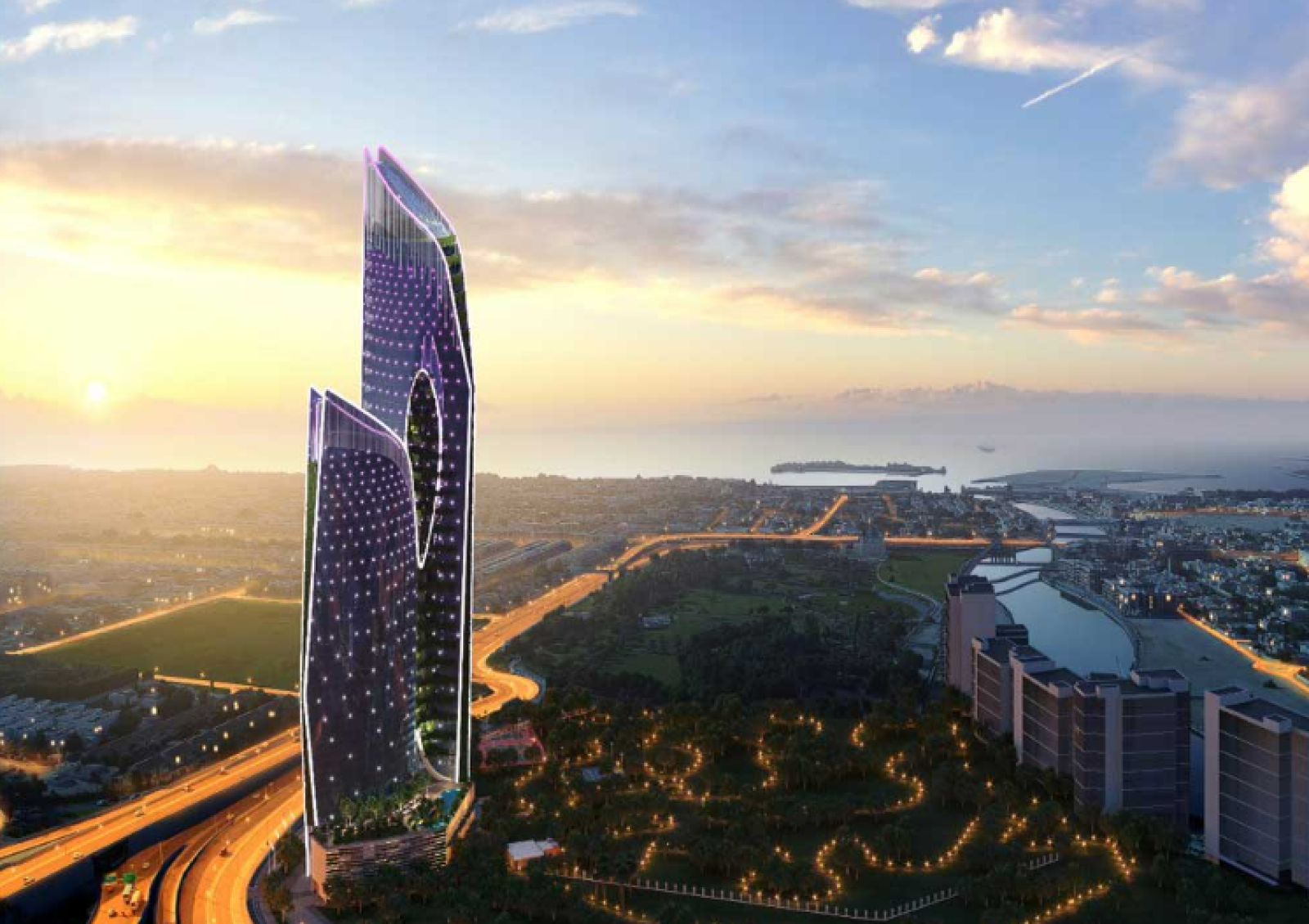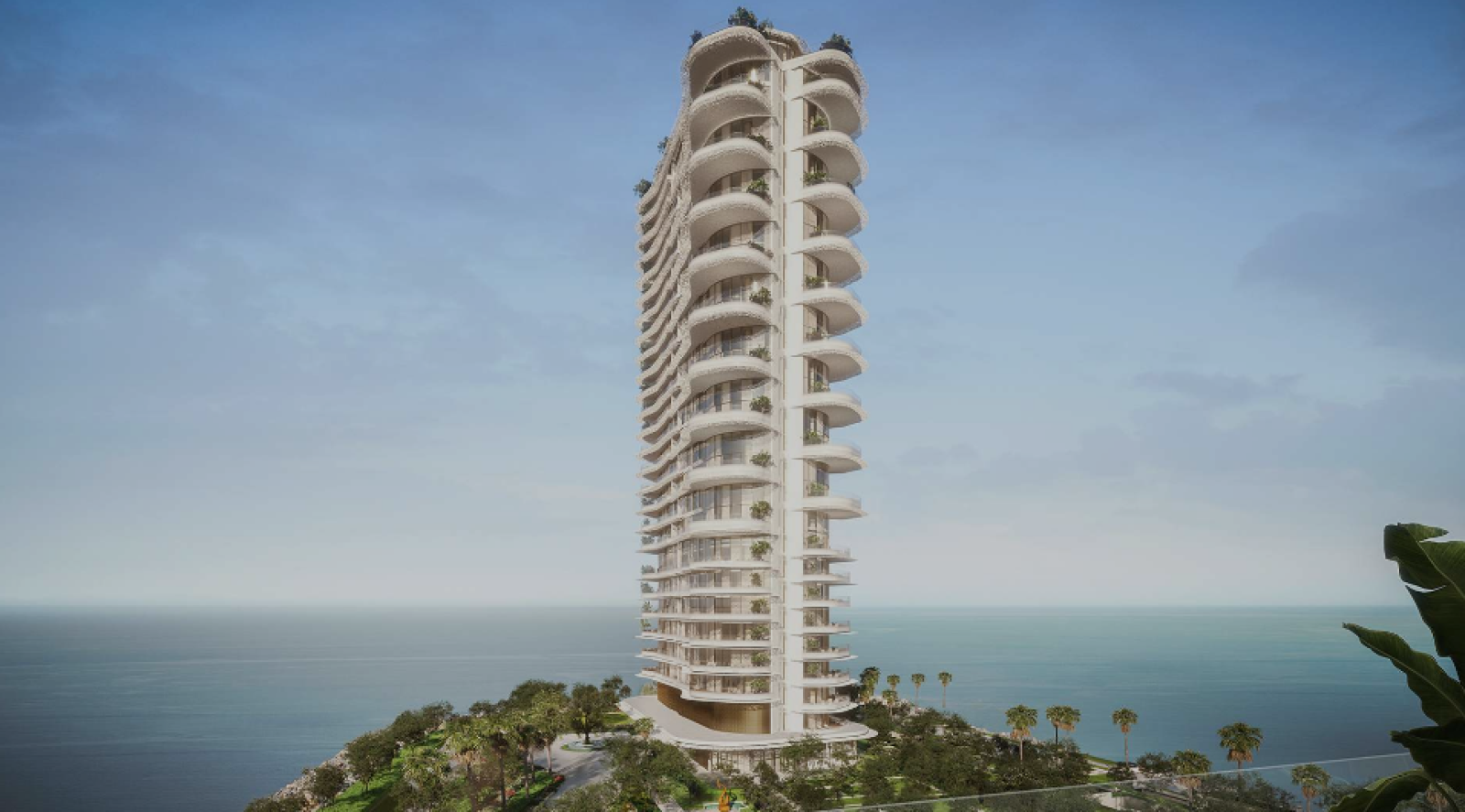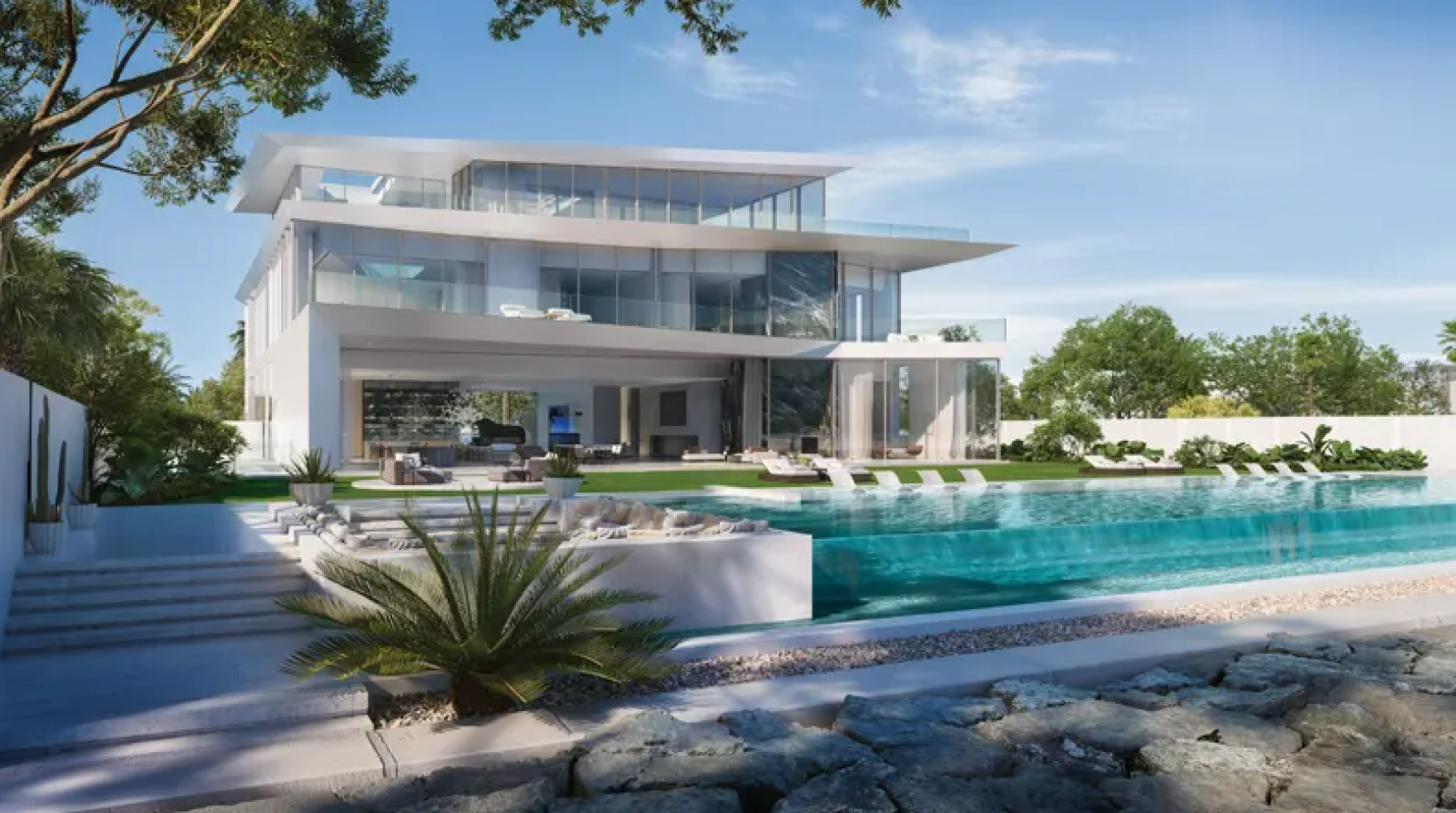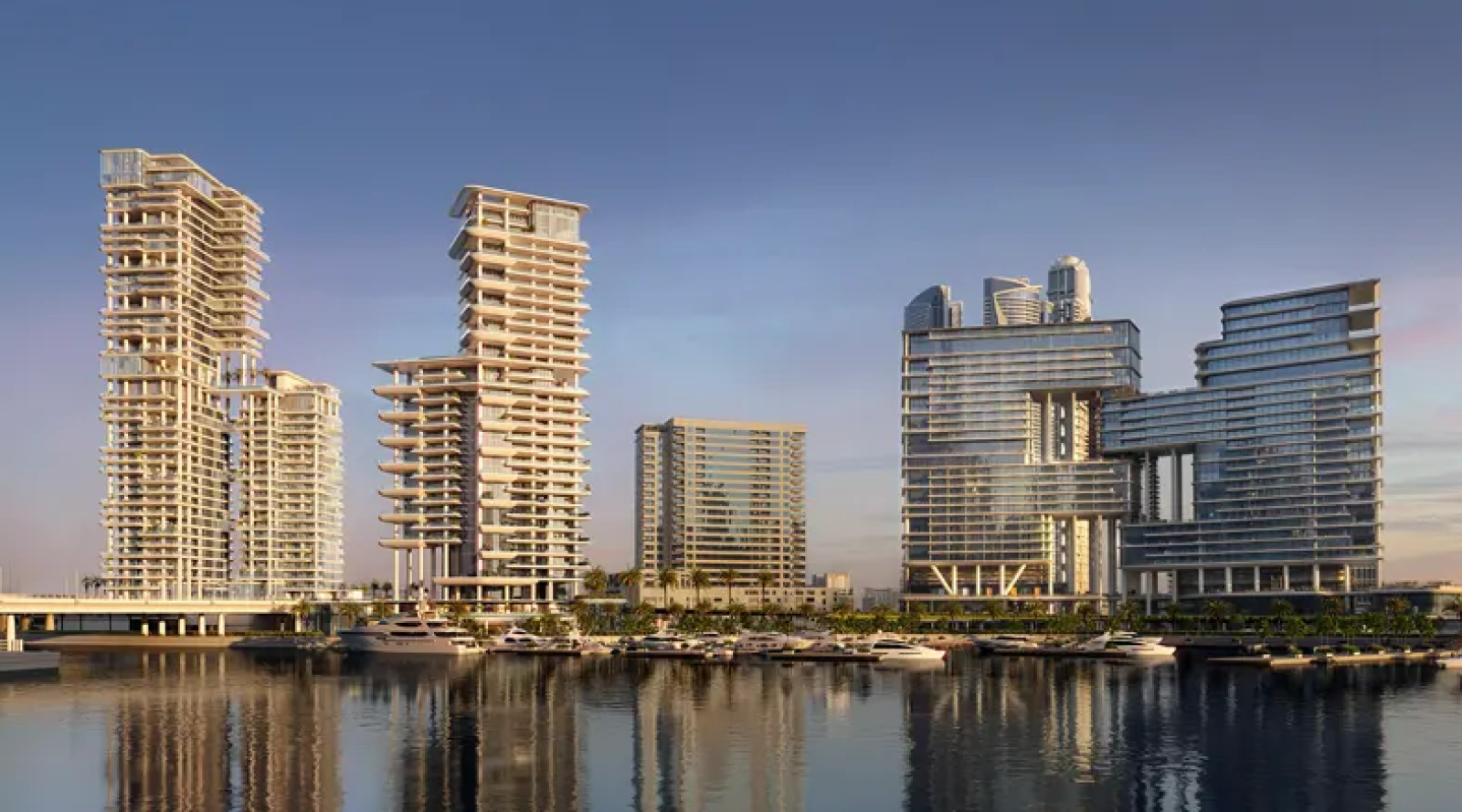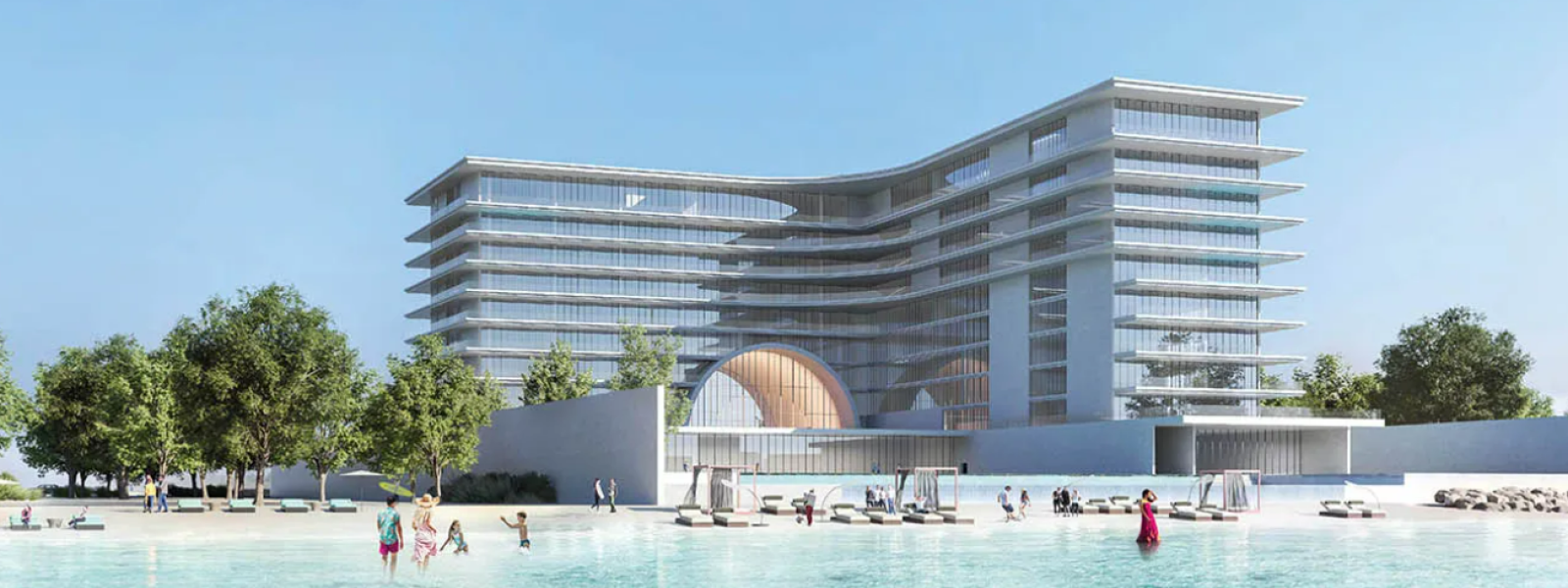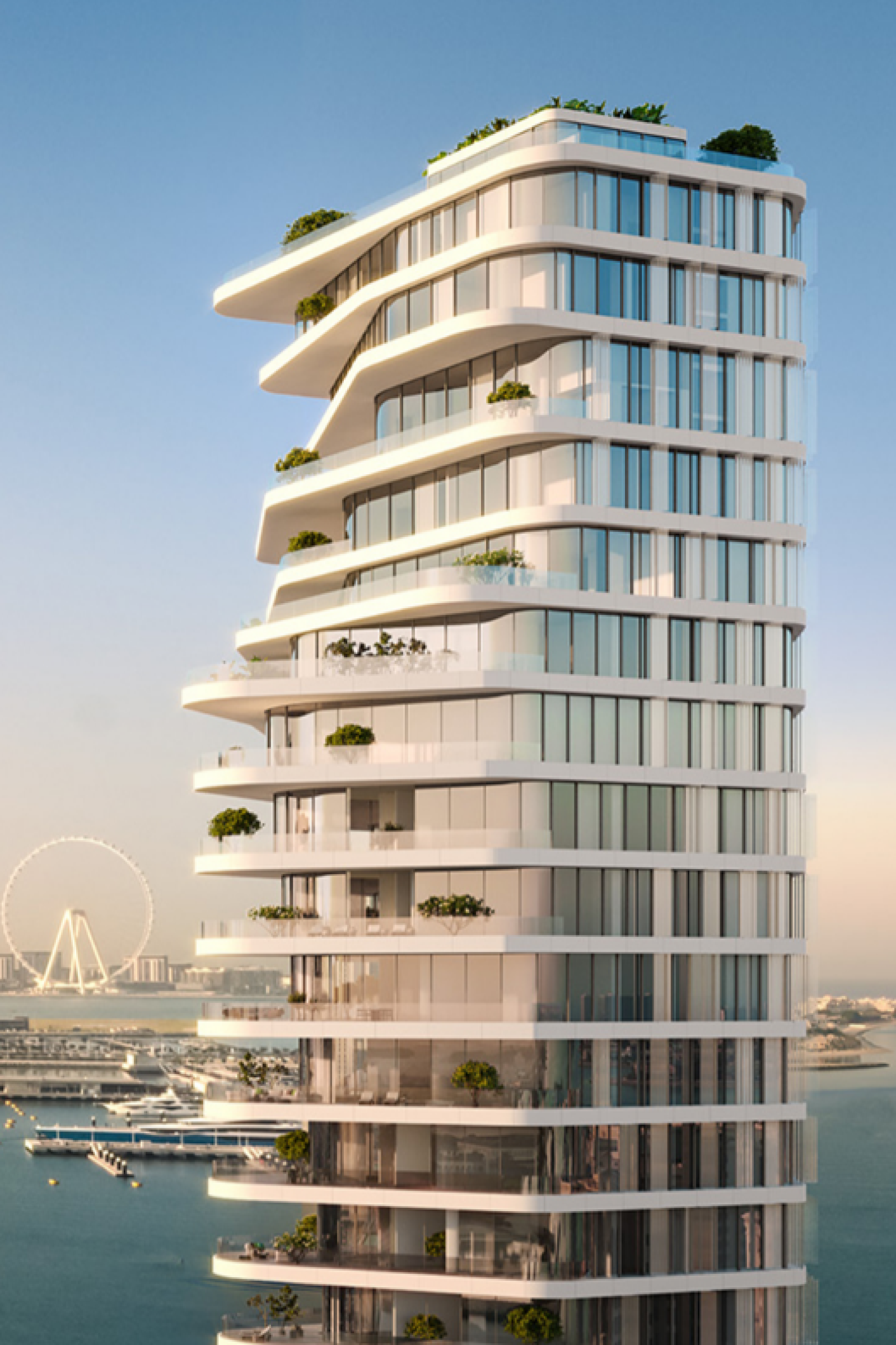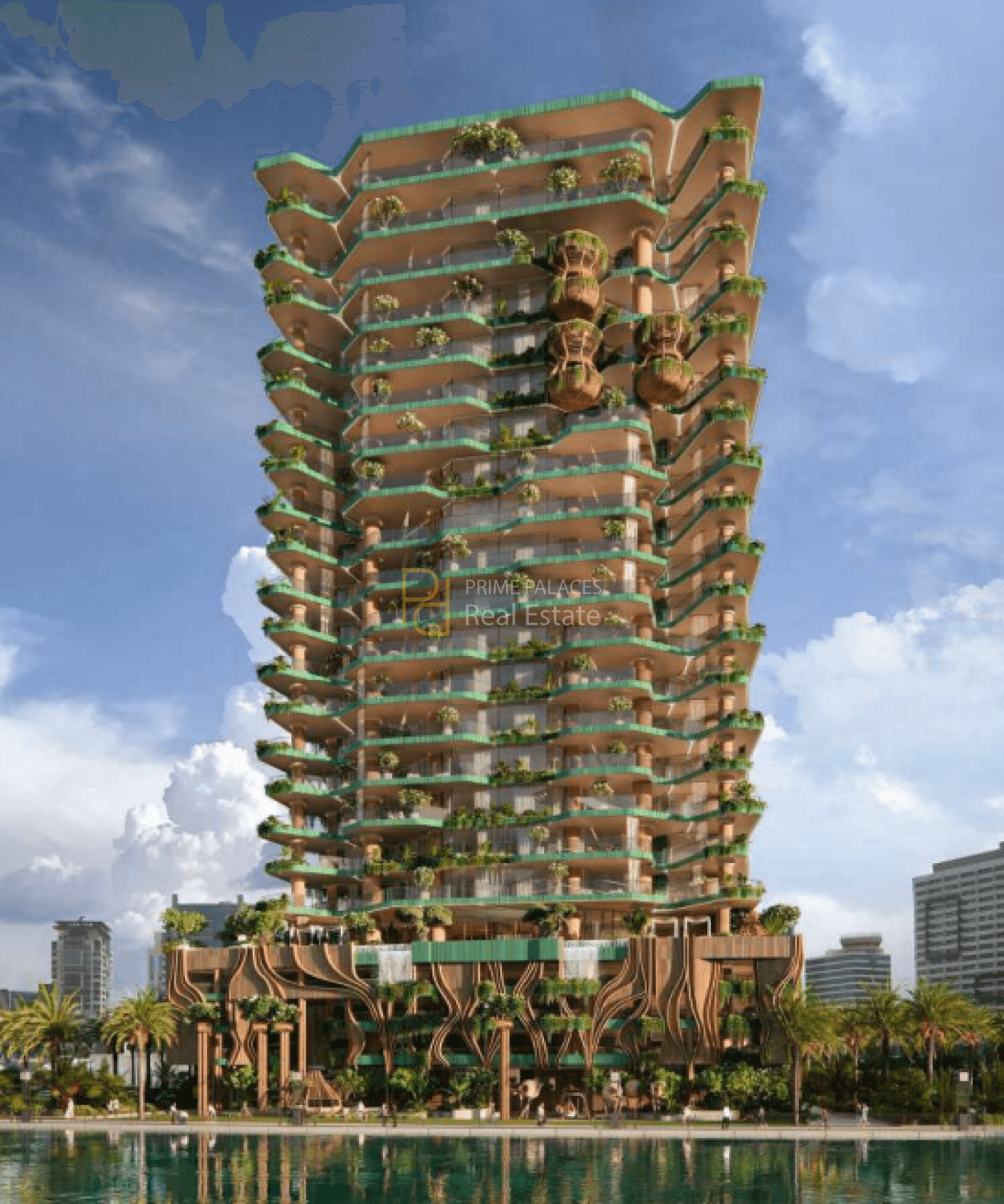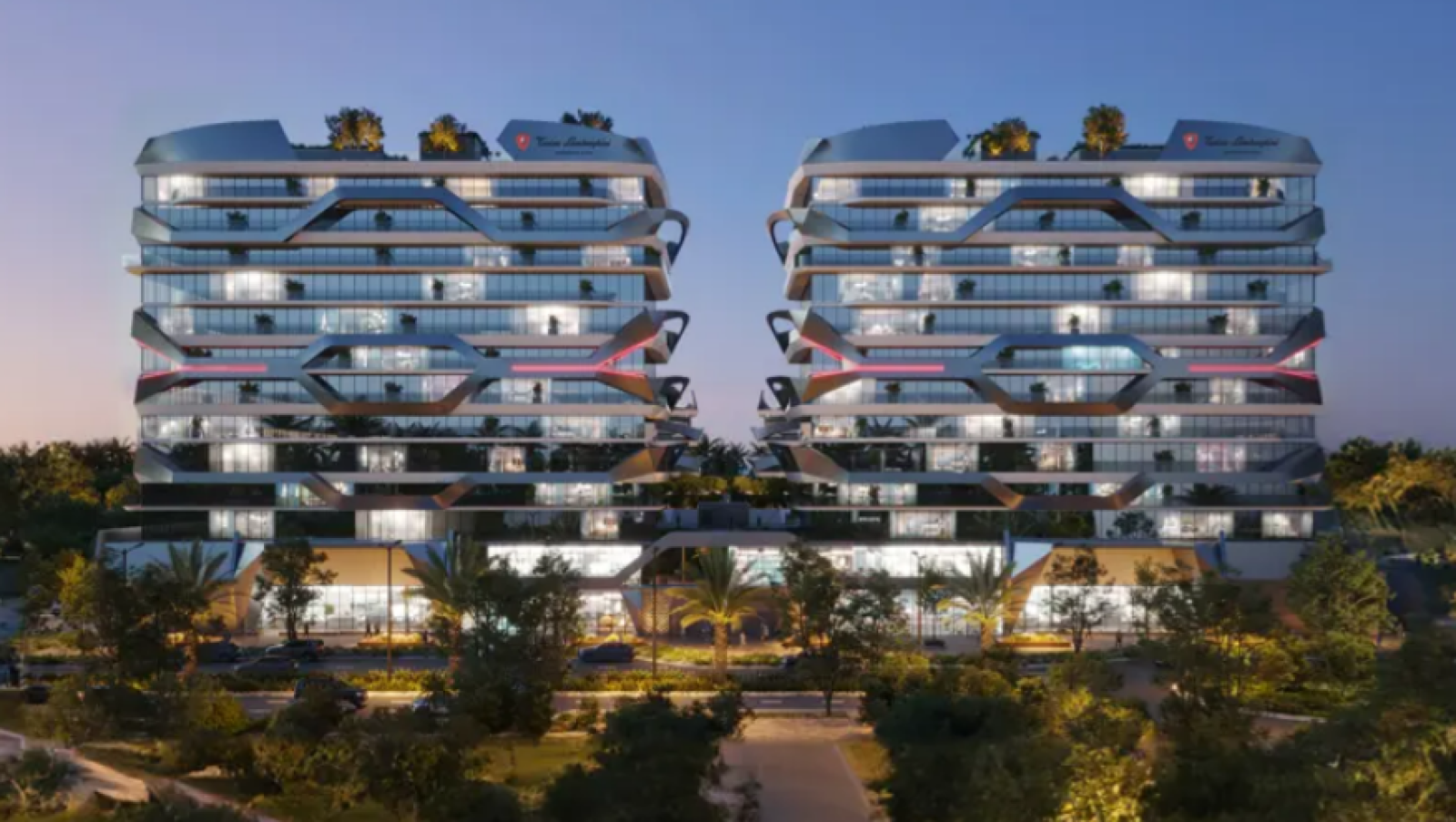The Complete Guide to Renting Apartments in Dubai
As one of the Middle East’s most active housing markets, renting apartments in Dubai is a structured and regulated process designed to protect both tenants and landlords. With diverse neighborhoods, modern developments, and high demand, Dubai remains an appealing destination for both residents and investors seeking rental income in Dubai. Whether you're new to the city or planning to lease your property, understanding how the process works in 2025 is essential.
Types of Apartments Available in Dubai
Dubai offers a range of residential options from affordable studios to high-end penthouses. Popular districts for apartment rentals in Dubai include Dubai Marina, Downtown Dubai, Business Bay, and Palm Jumeirah for luxury living, while Jumeirah Village Circle, Dubai Hills Estate, and Al Furjan provide more budget-friendly housing with community amenities.
Rental Process and Legal Requirements
The process of renting property in Dubai begins with selecting a property, negotiating rent, and signing a tenancy agreement. All rental contracts must be registered with the Ejari system under the Real Estate Regulatory Agency (RERA). This registration legally binds both parties and is mandatory to activate utilities or file disputes.
Rental contracts typically last for 12 months and must clearly outline rental price, payment structure, renewal conditions, and maintenance responsibilities. Security deposits (usually 5%–10%) and post-dated cheques are standard. Monthly payment options are becoming more common in mid-market segments.
Understanding Rental Prices and Trends
Rental rates vary widely depending on district, property size, and furnishings. High-demand areas like Downtown and Dubai Marina offer strong rental yields in Dubai, especially for investors using short-term leasing models. In 2025, demand is rising in suburban and master-planned communities, where tenants seek value-for-money housing and green surroundings.
Tenants’ Rights and Landlord Obligations
Dubai’s rental laws are designed to ensure fairness. Under Law No. 26 of 2007 and its amendments, landlords must provide 90 days’ notice before increasing rent and follow RERA’s rental index to justify adjustments. Tenants cannot be evicted without legal cause, and disputes are resolved through the Rental Dispute Settlement Centre.
Rental Income and Investment Potential
Dubai continues to attract investors due to tax-free income, strong occupancy, and capital-friendly laws. Investors leasing apartments in Dubai benefit from gross yields of 6%–9%, with even higher returns in holiday-home segments. Popular among foreign investors are freehold apartments in Dubai, which can be rented long-term or as furnished short-term rentals via platforms like Airbnb.
With the city’s visa-linked investment policies and ongoing demand from expatriates and professionals, the rental market remains a key channel for stable real estate investment in Dubai. Landlords can also appoint property management companies to oversee leasing, tenant screening, and maintenance—an attractive option for overseas owners.
Tips for a Successful Rental Experience
-
Always confirm the agent or landlord is registered with RERA.
-
Use Ejari registration for legal protection.
-
Inspect the unit before signing and clarify responsibilities for repairs.
-
Compare rental prices through portals or agencies to assess fair value.
-
Review contract terms on early termination, renewal, and deposit refund timelines.
Renting apartments in Dubai in 2025 is easier than ever, thanks to evolving regulations, digital tools, and a maturing property market. Whether you’re a tenant searching for your next home or an investor seeking passive income from Dubai property, understanding the local framework ensures a secure and efficient experience.

